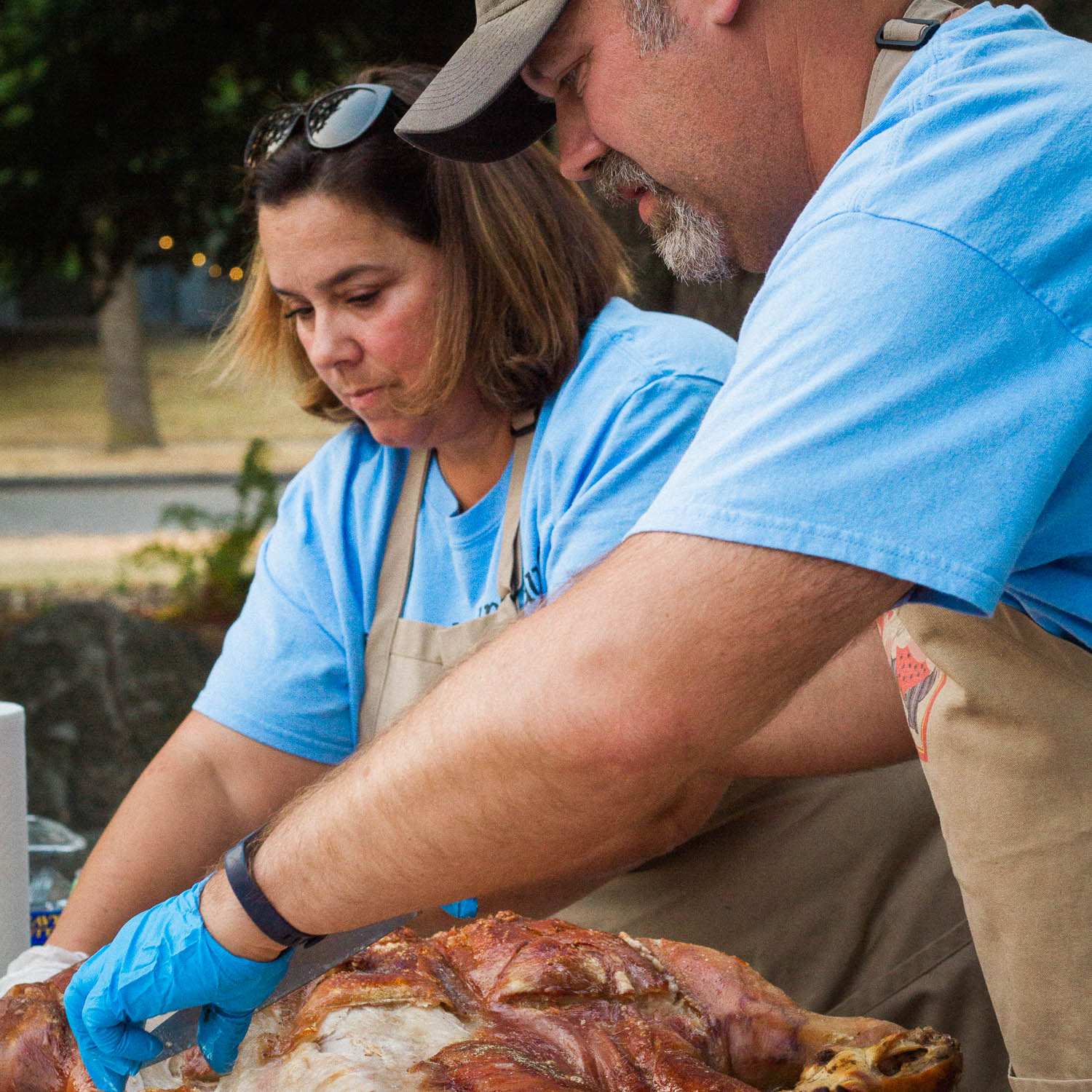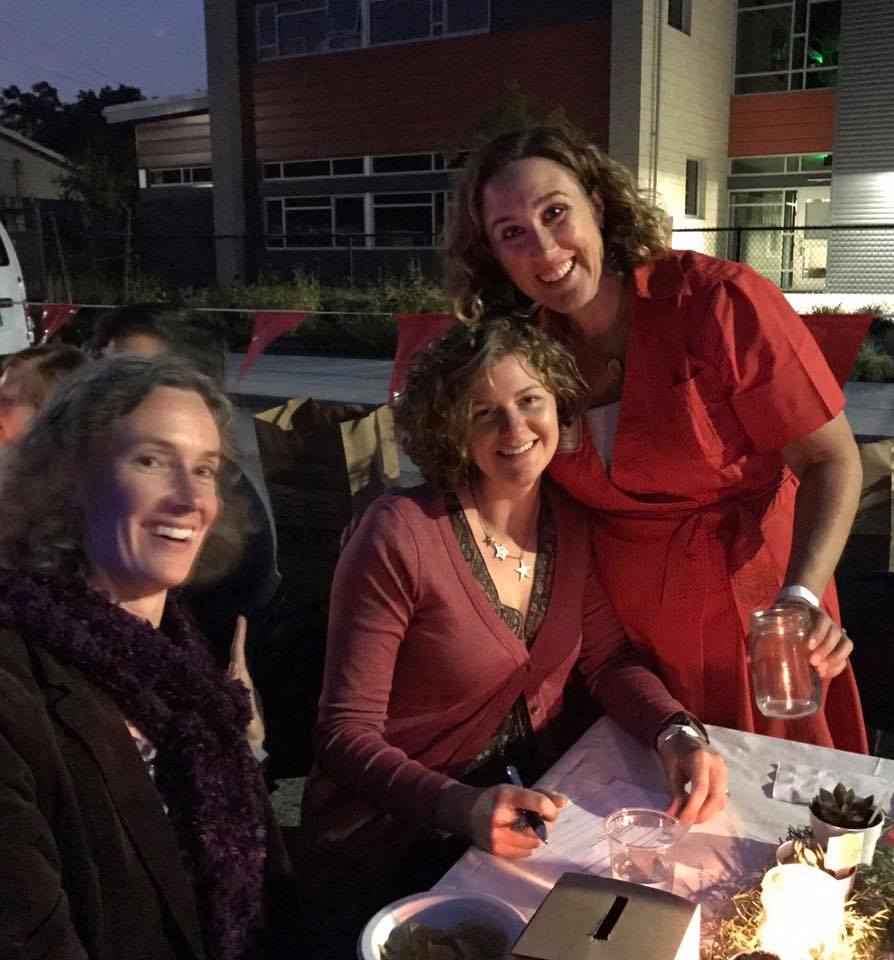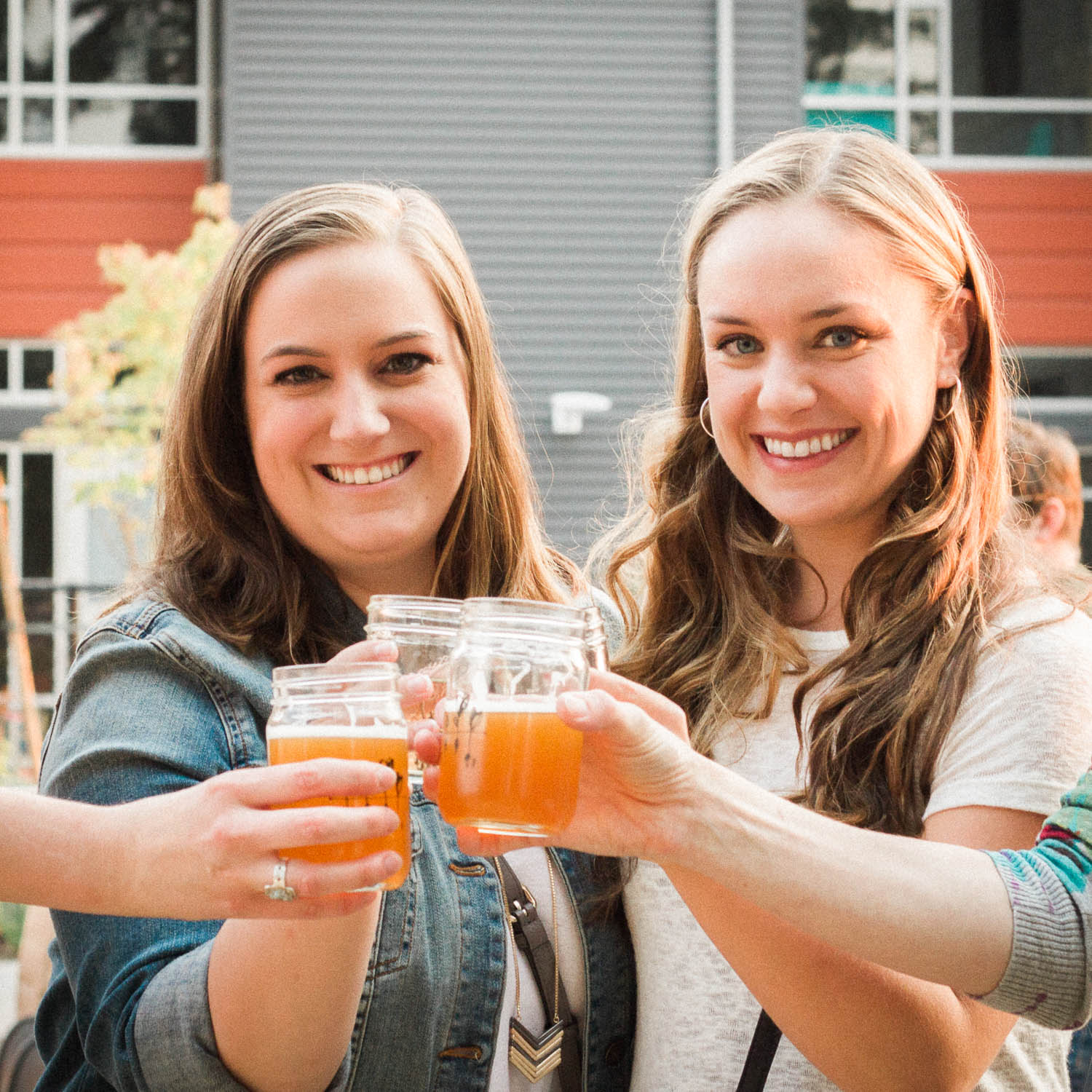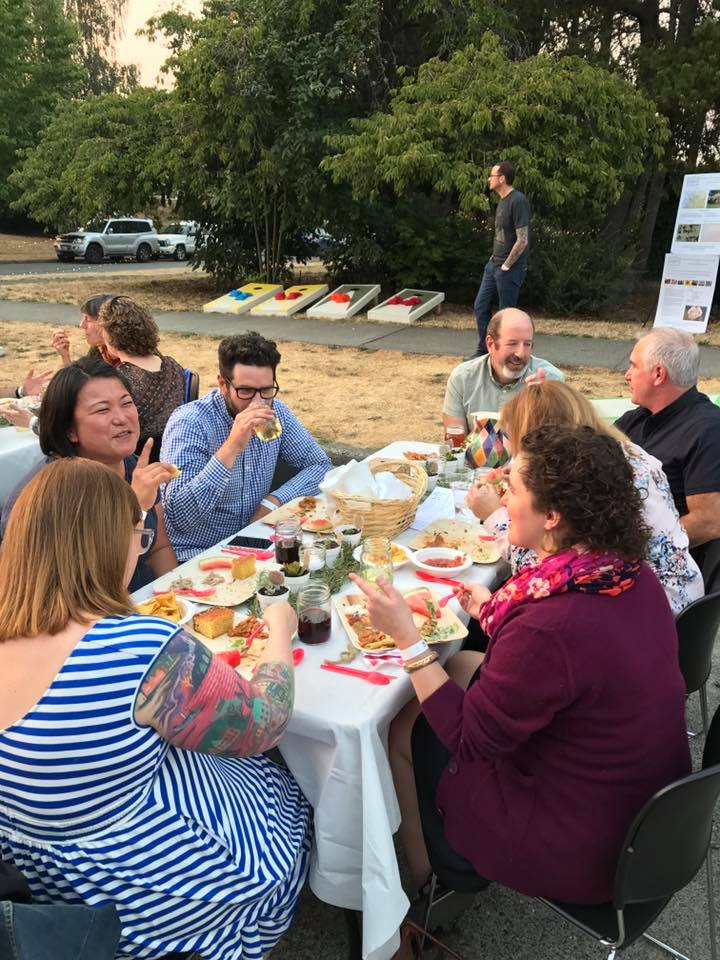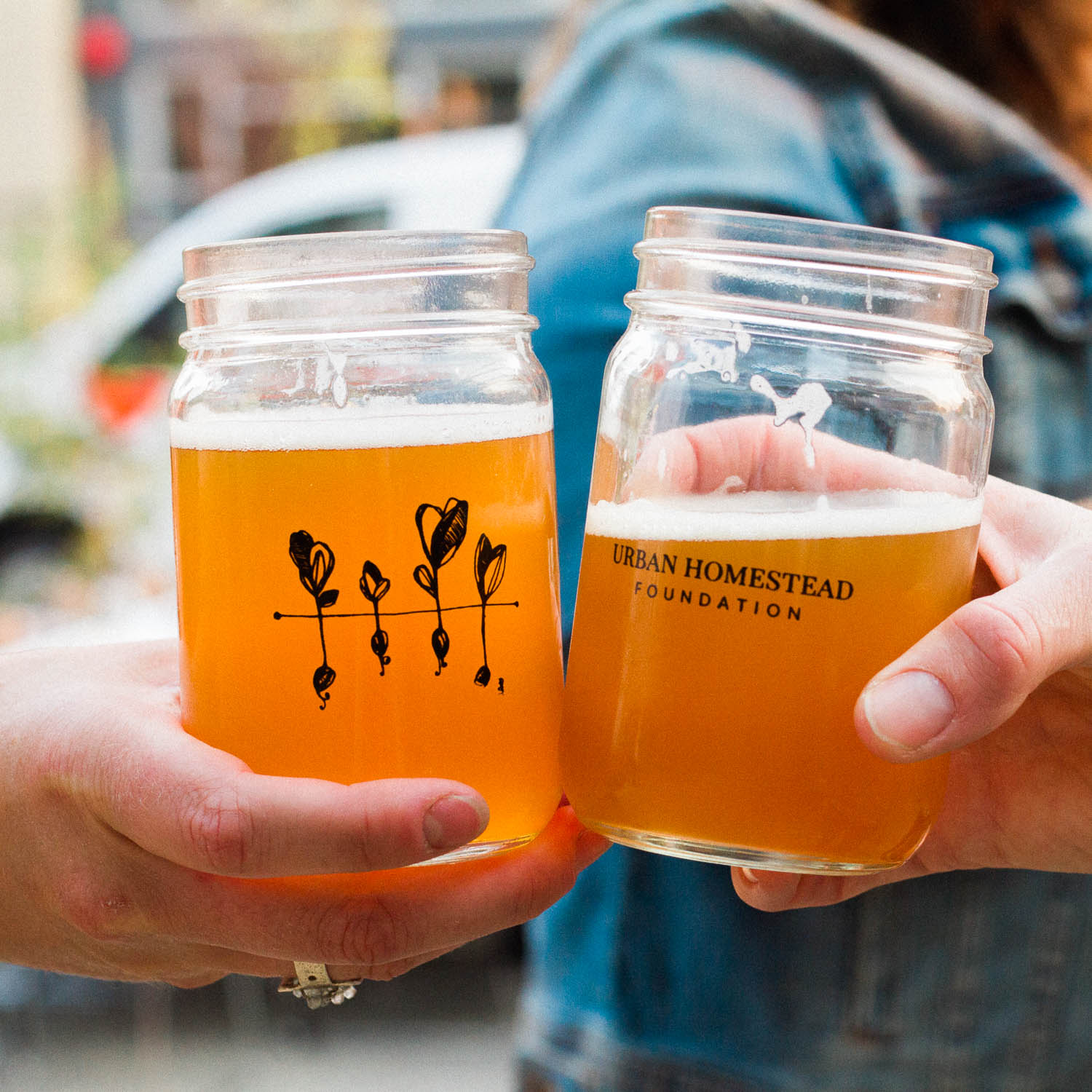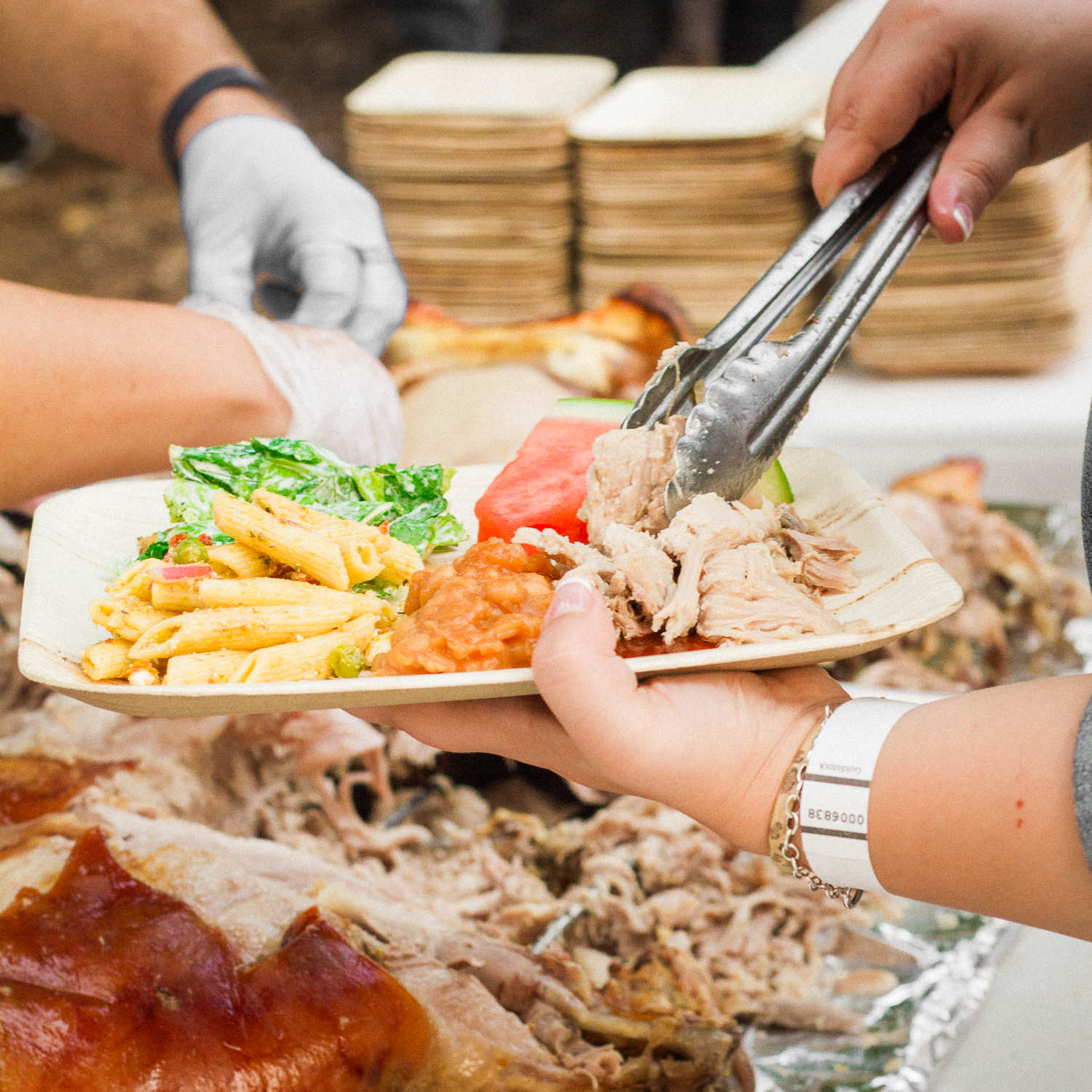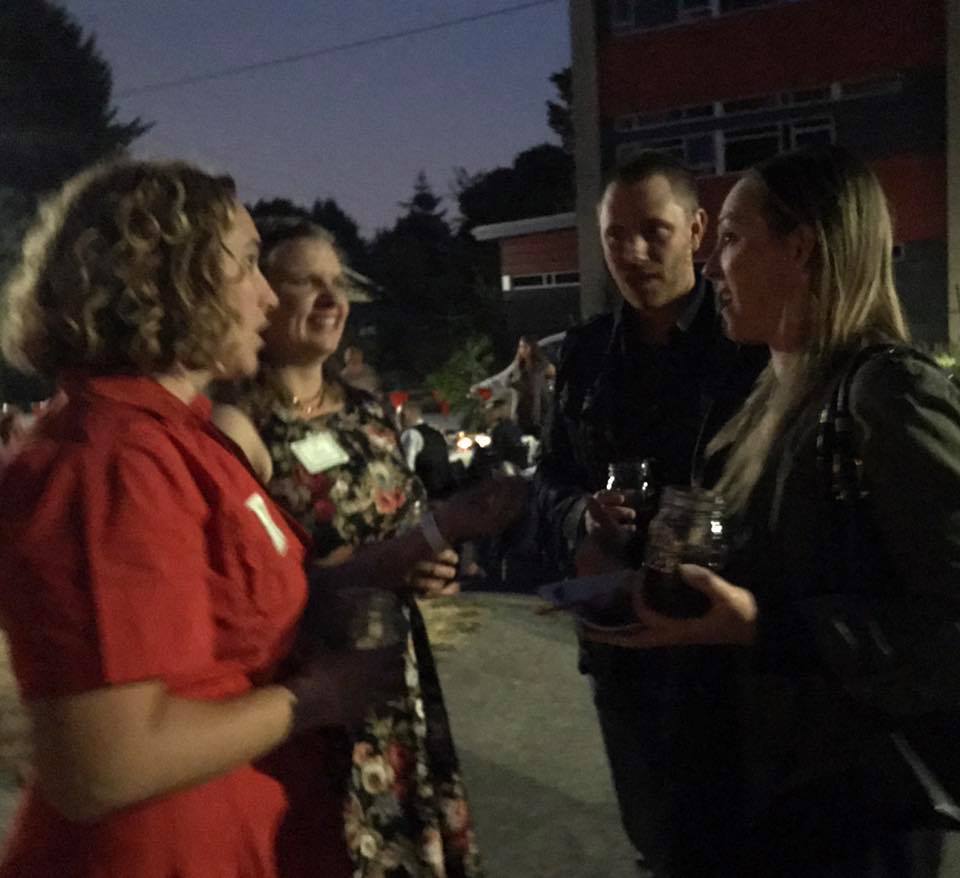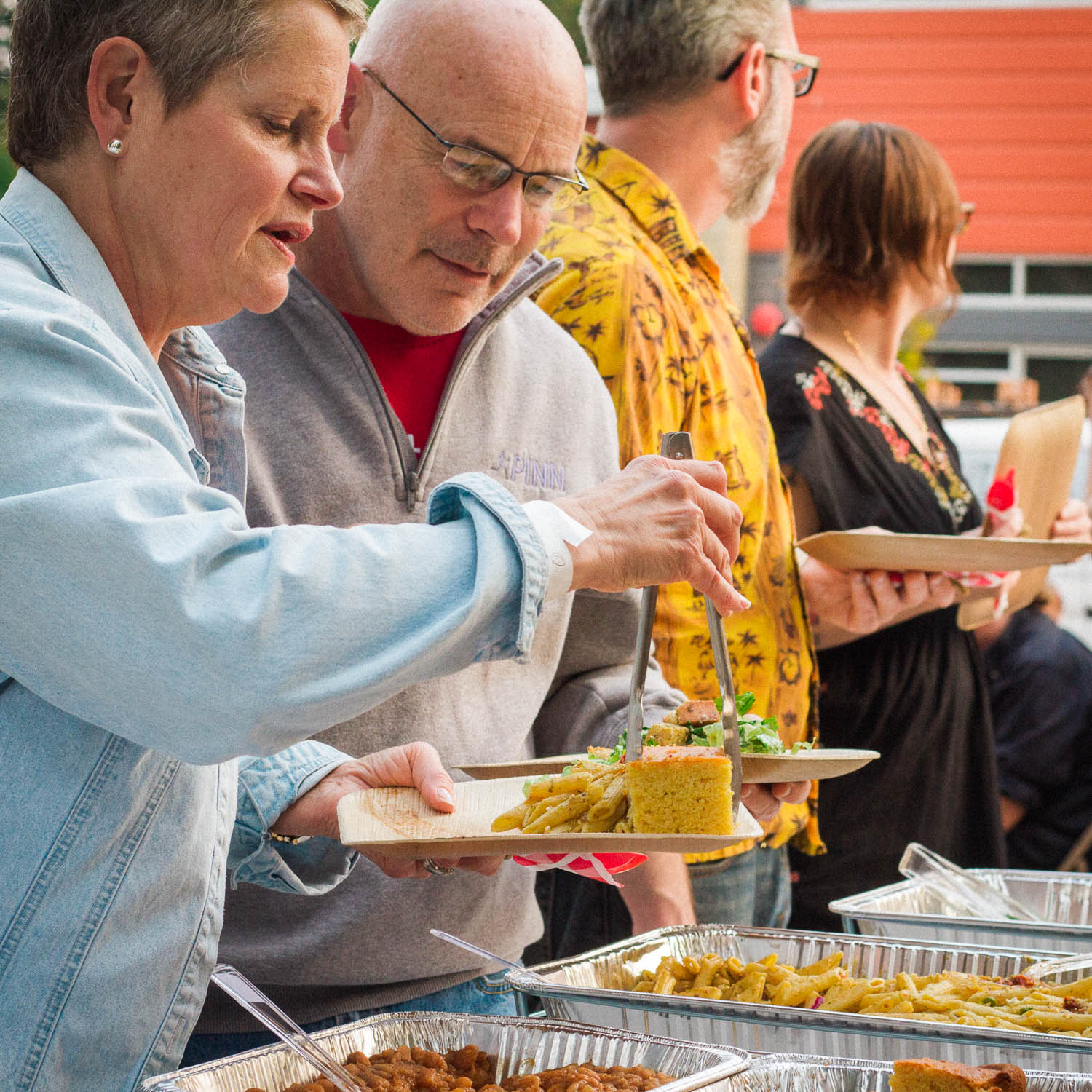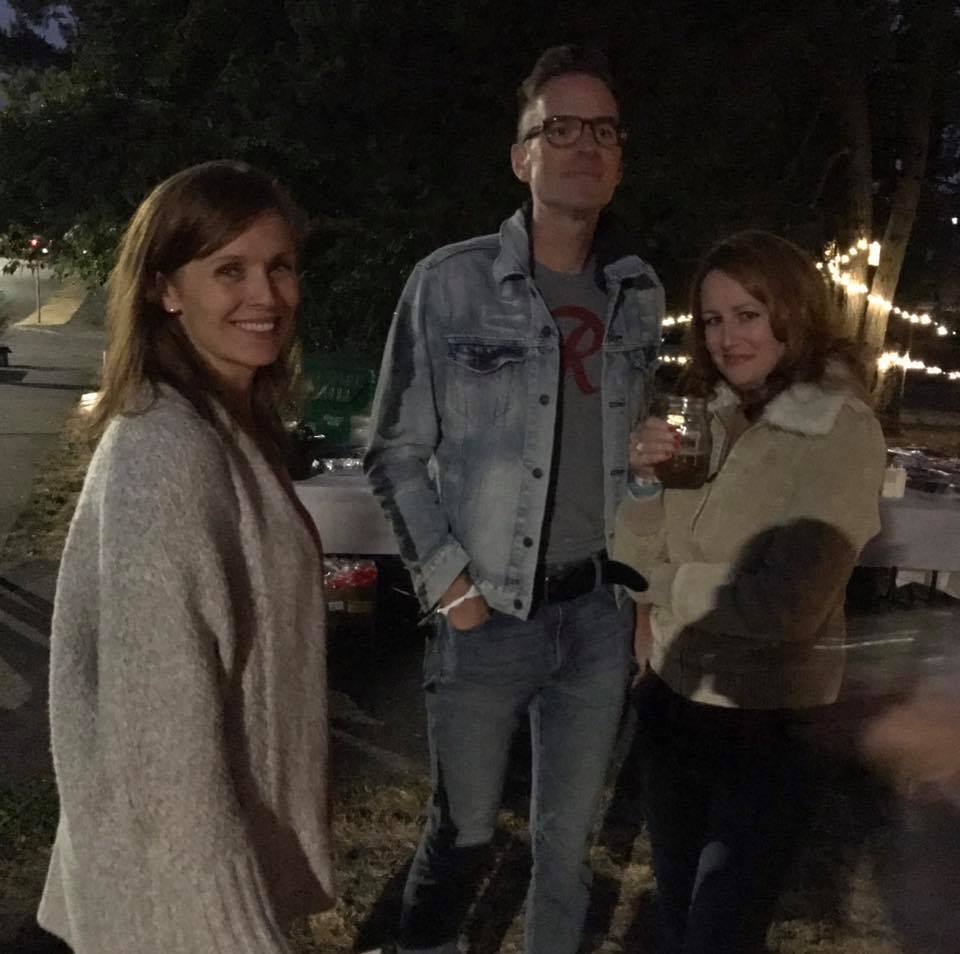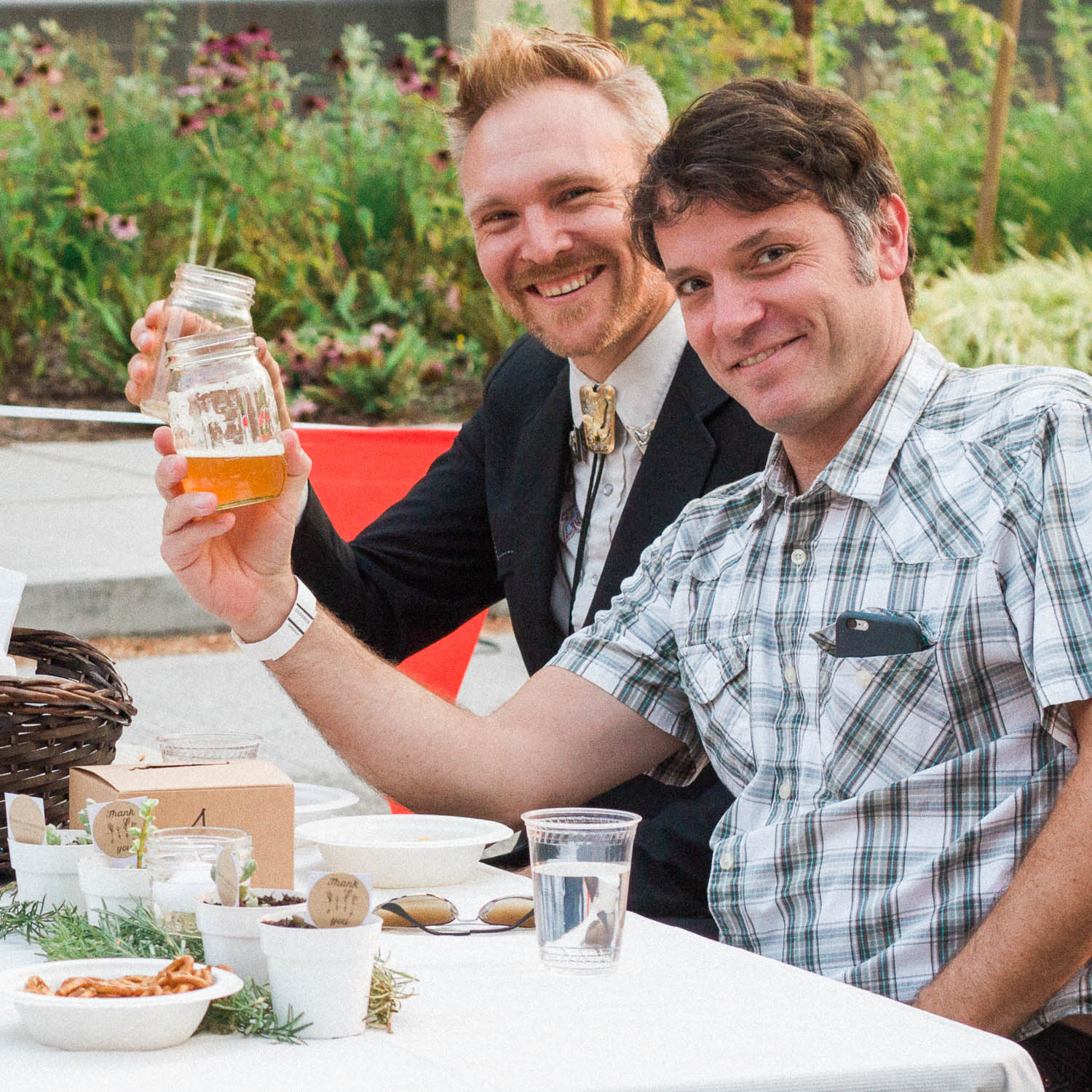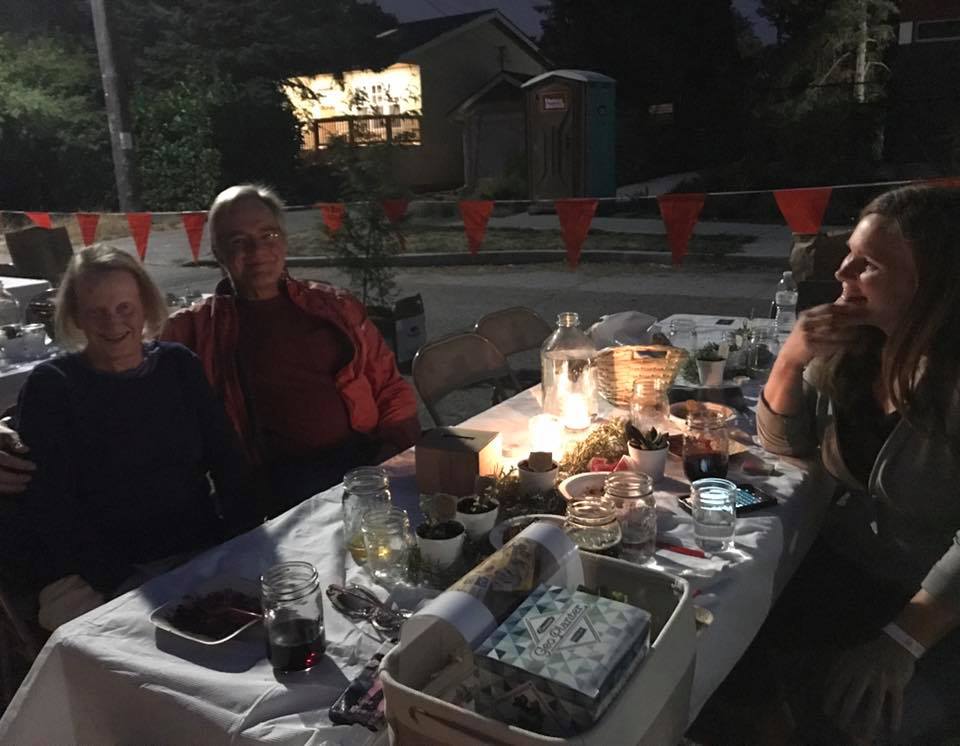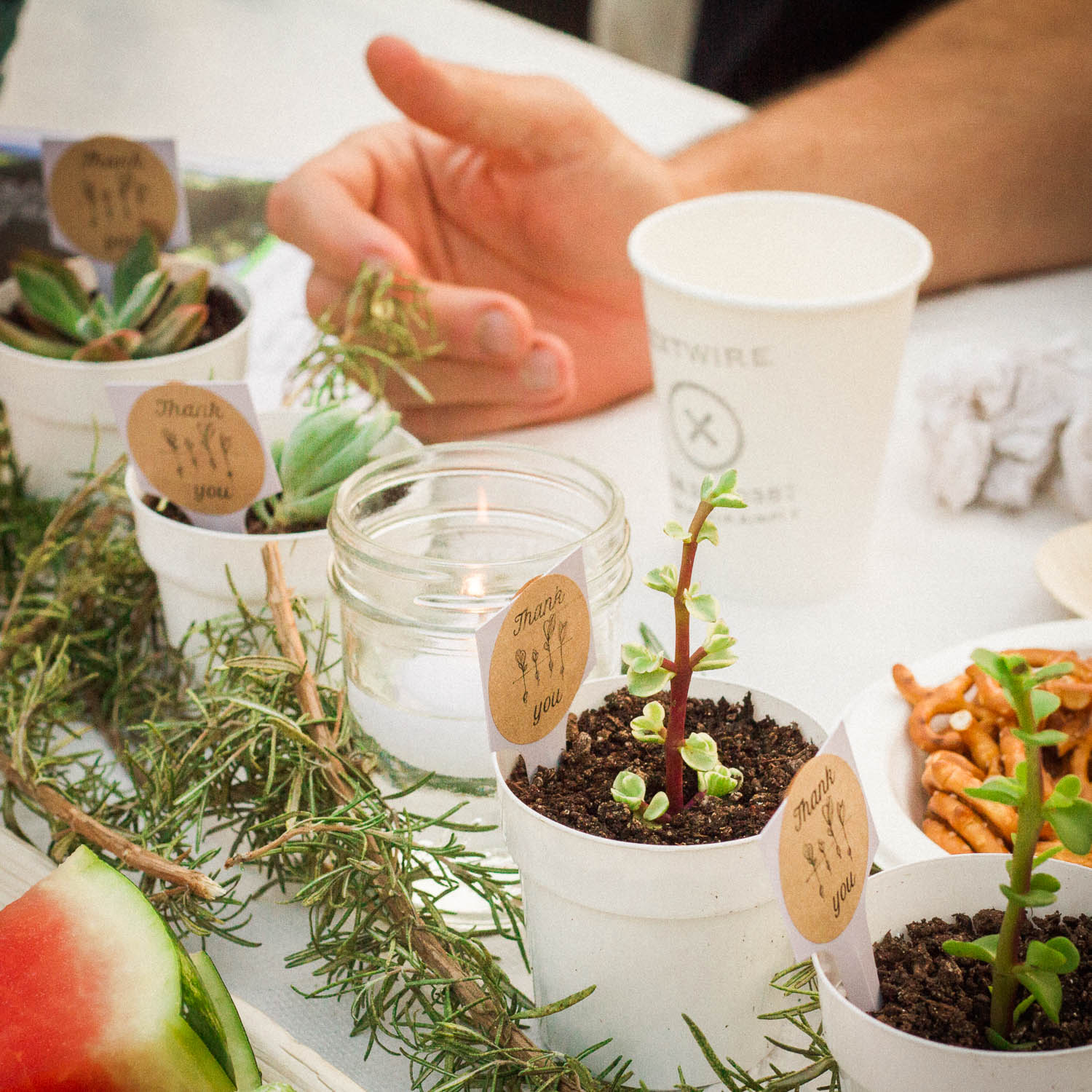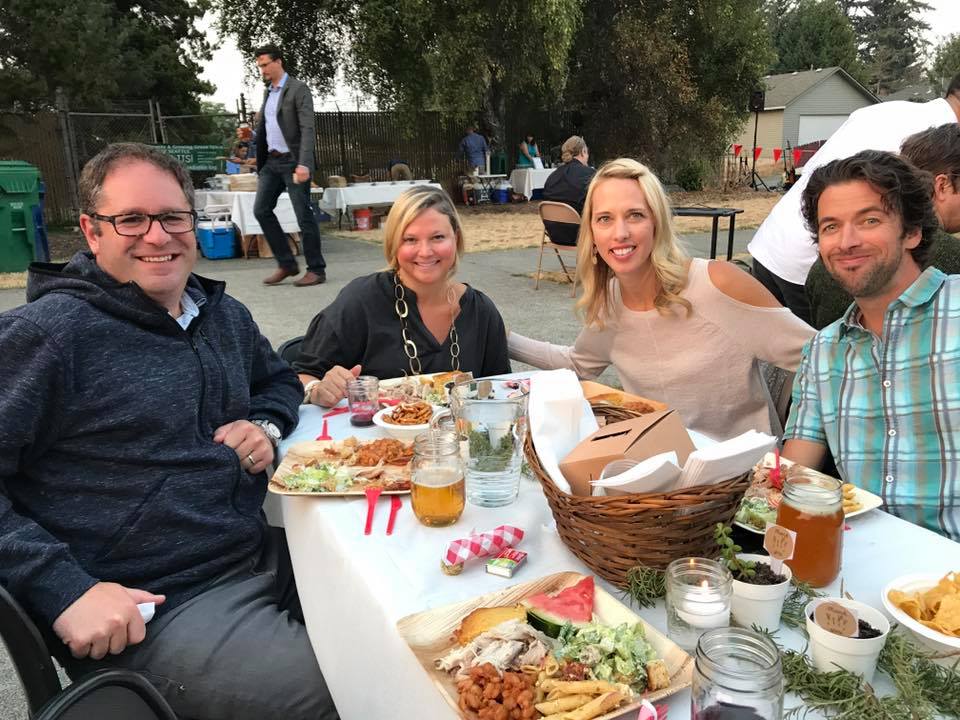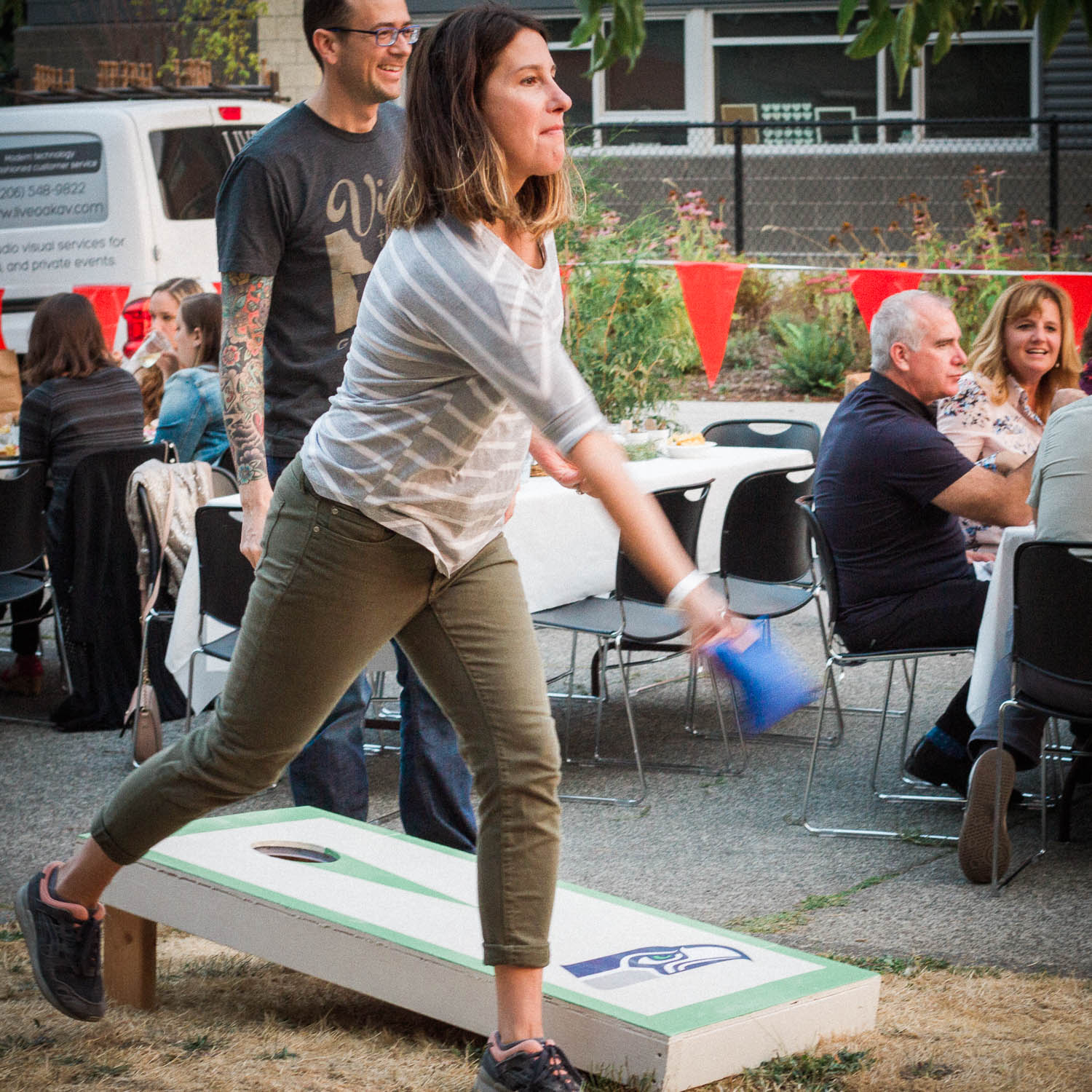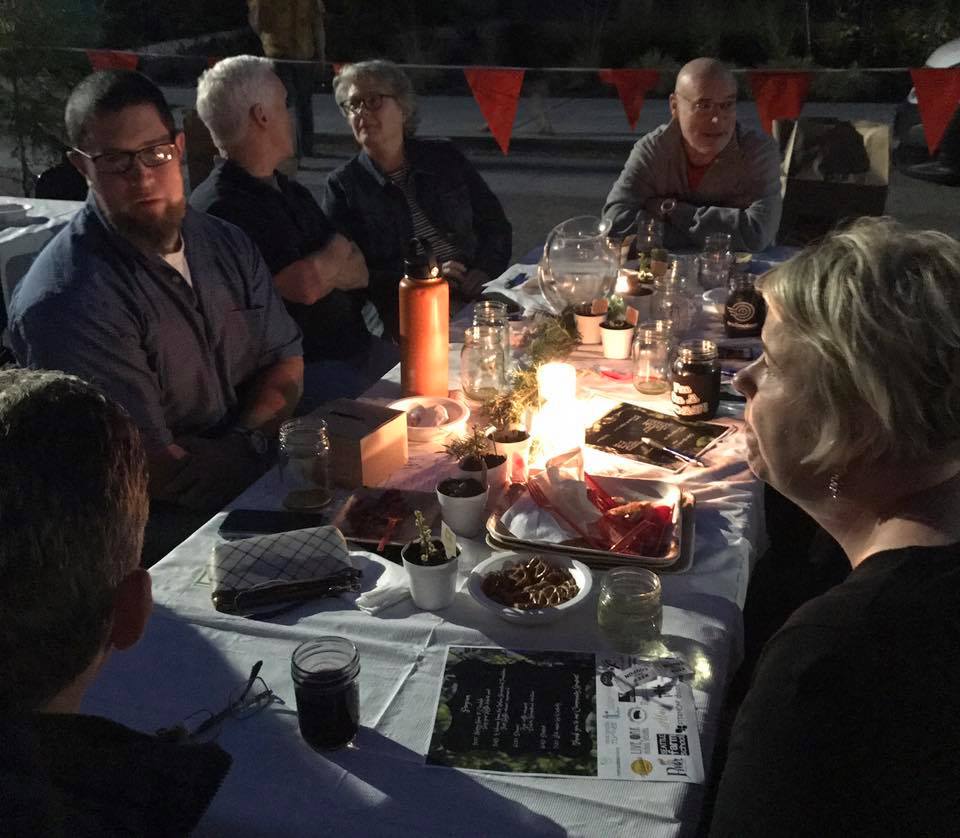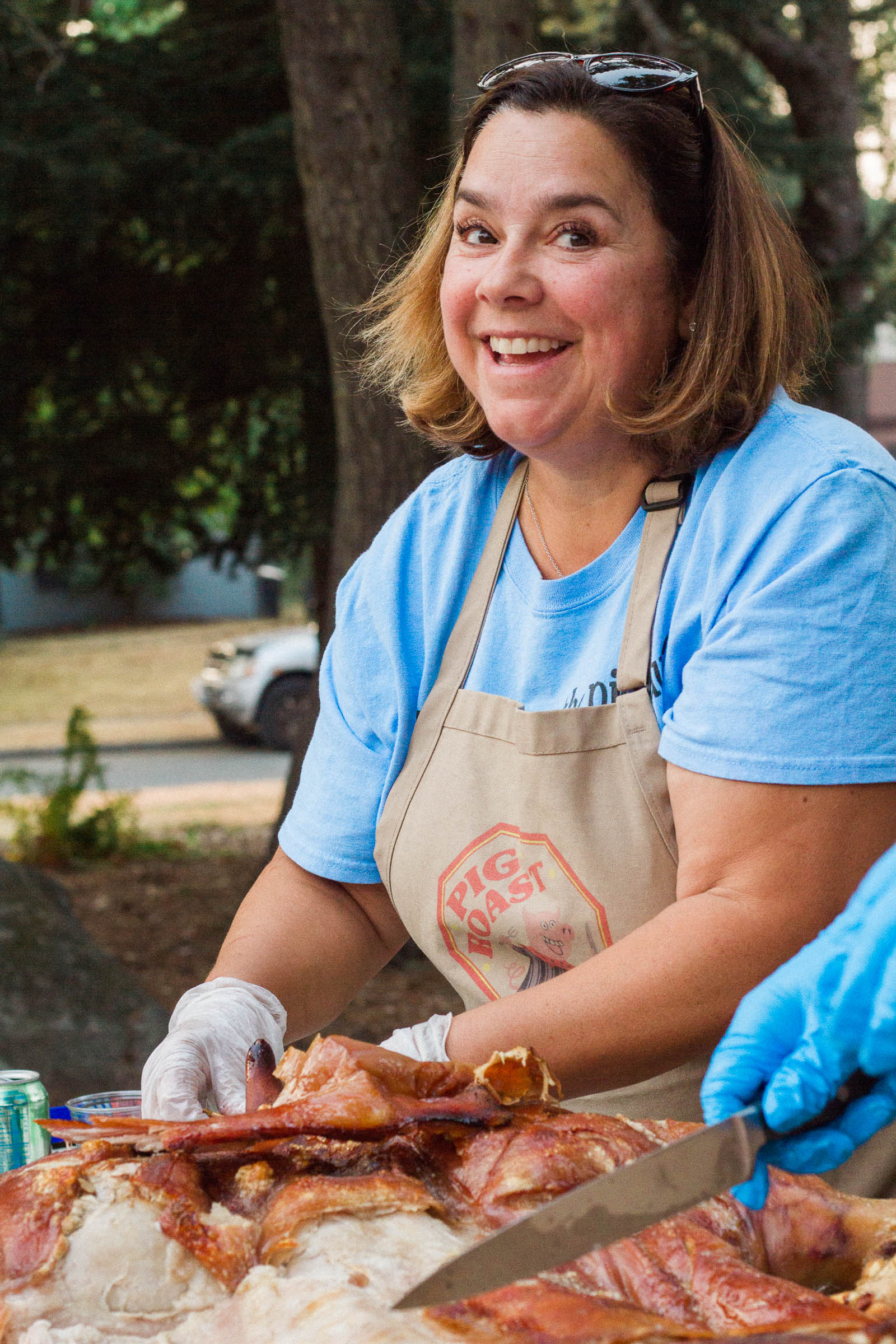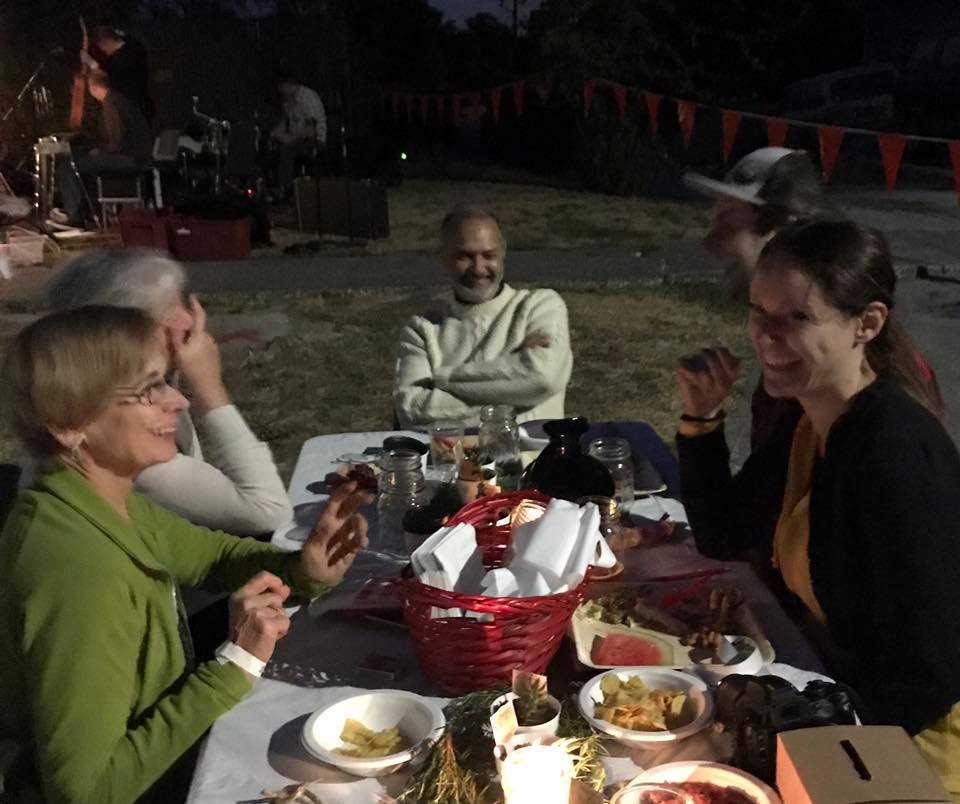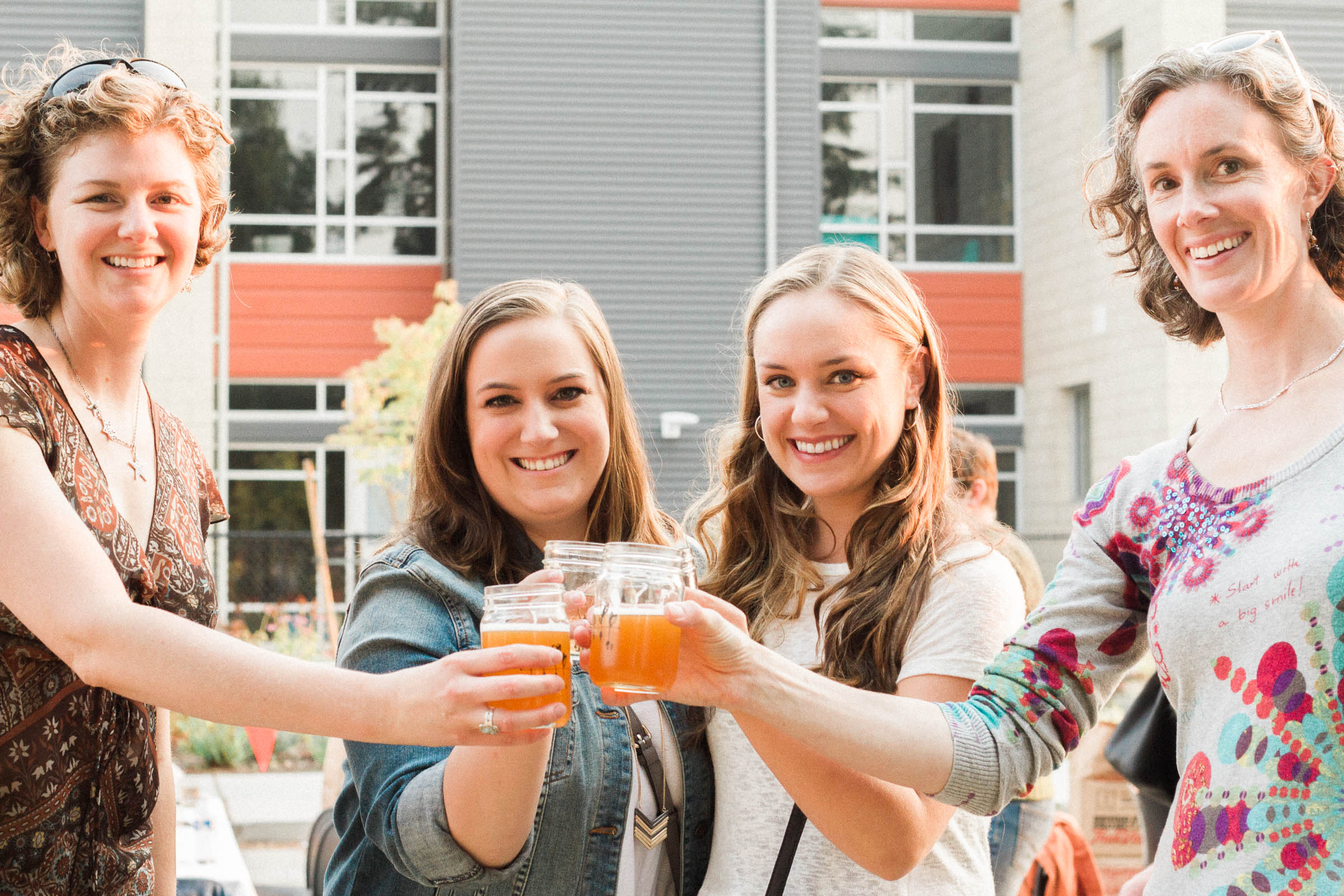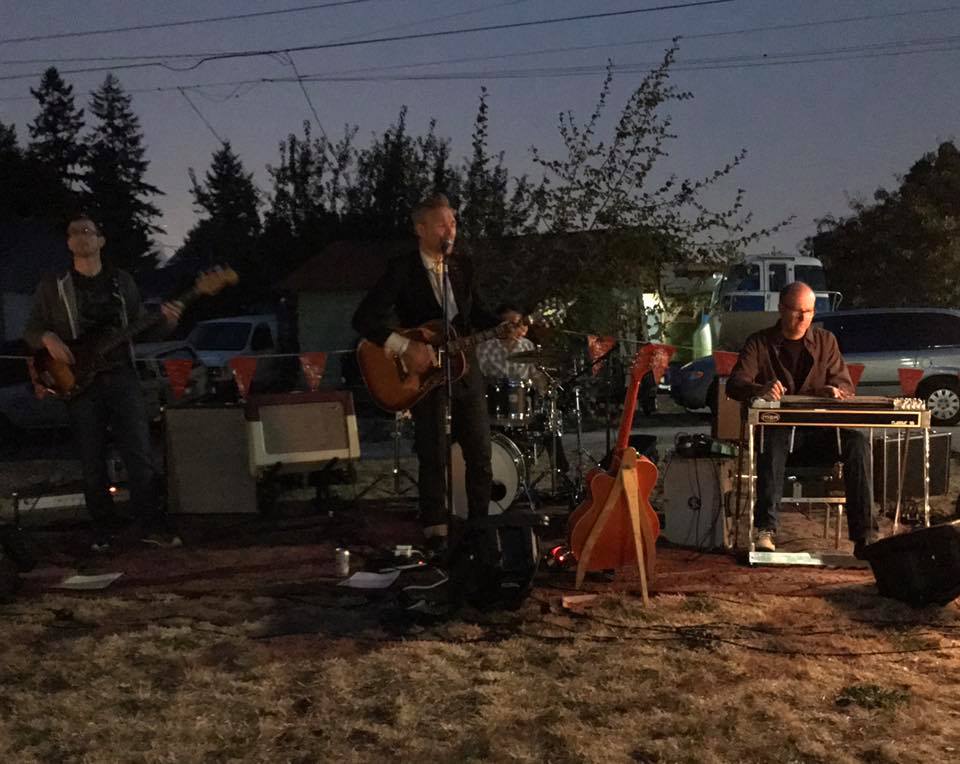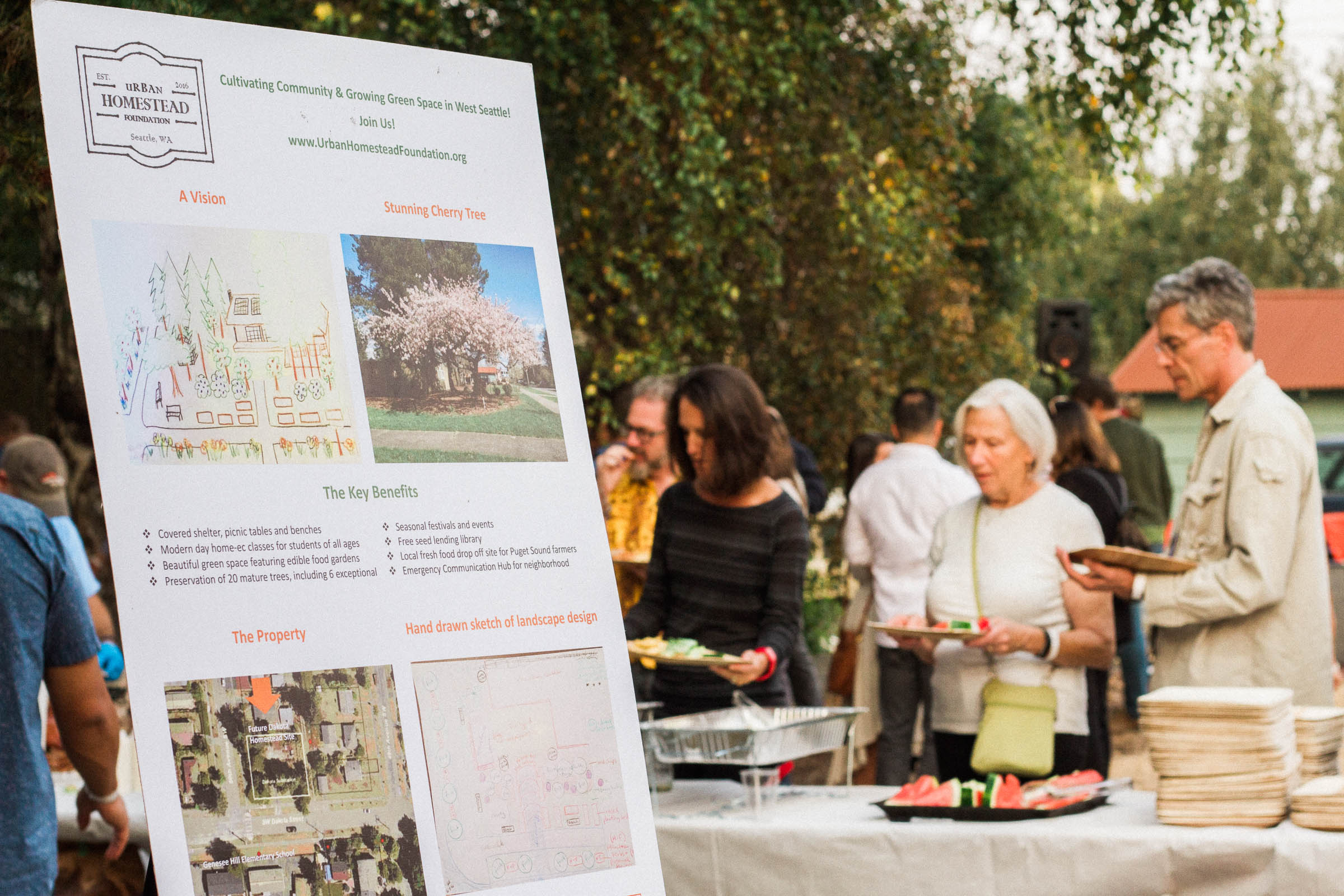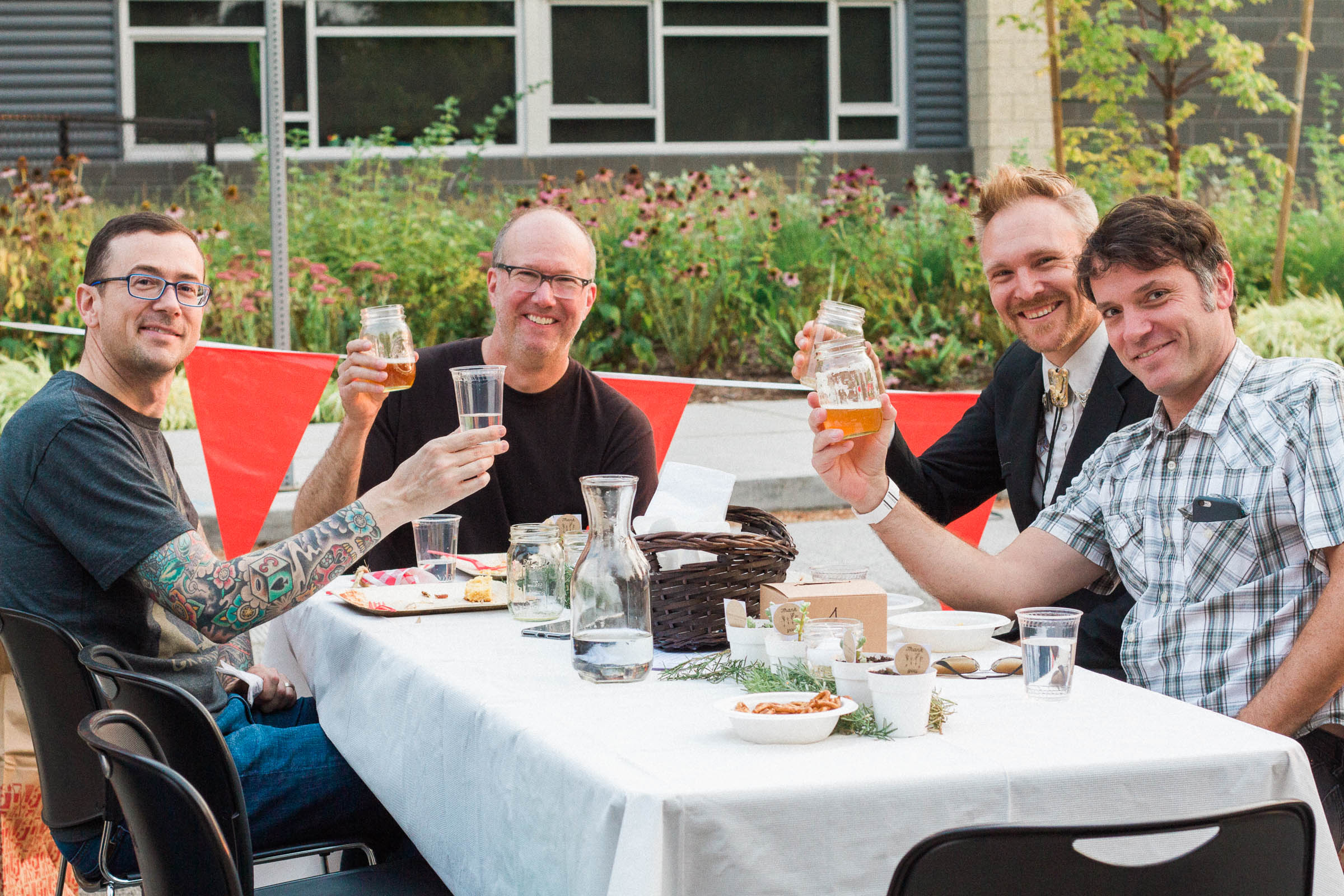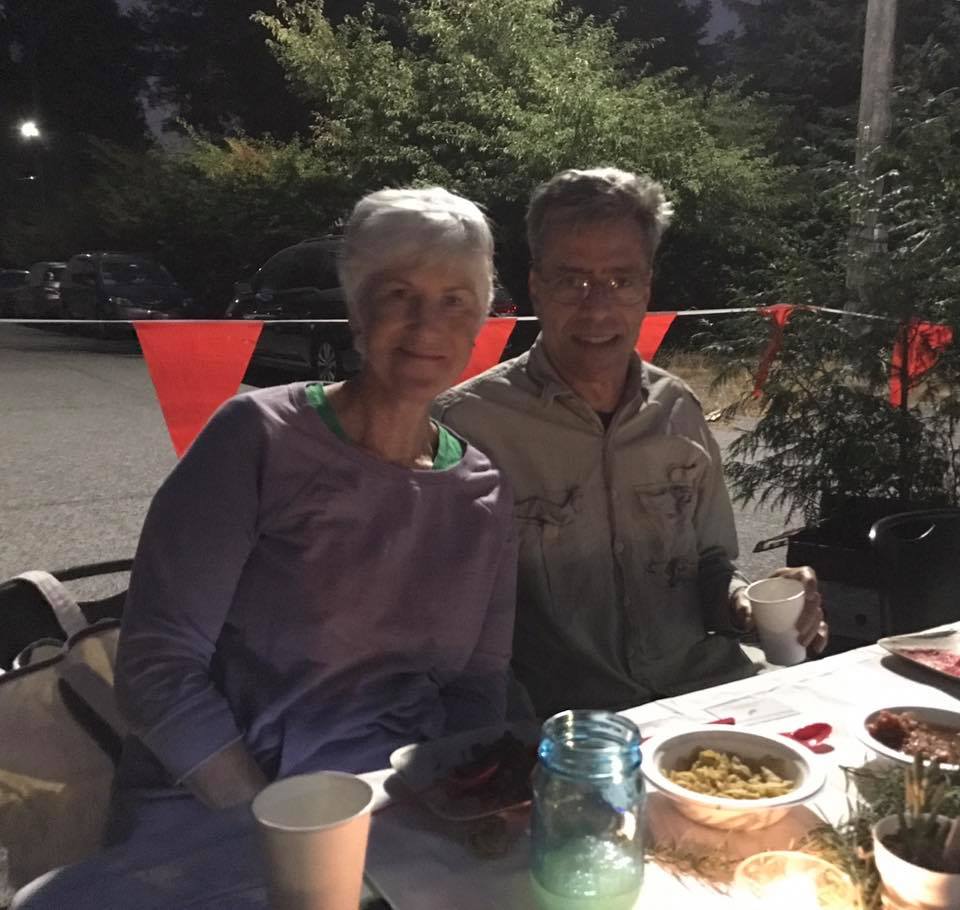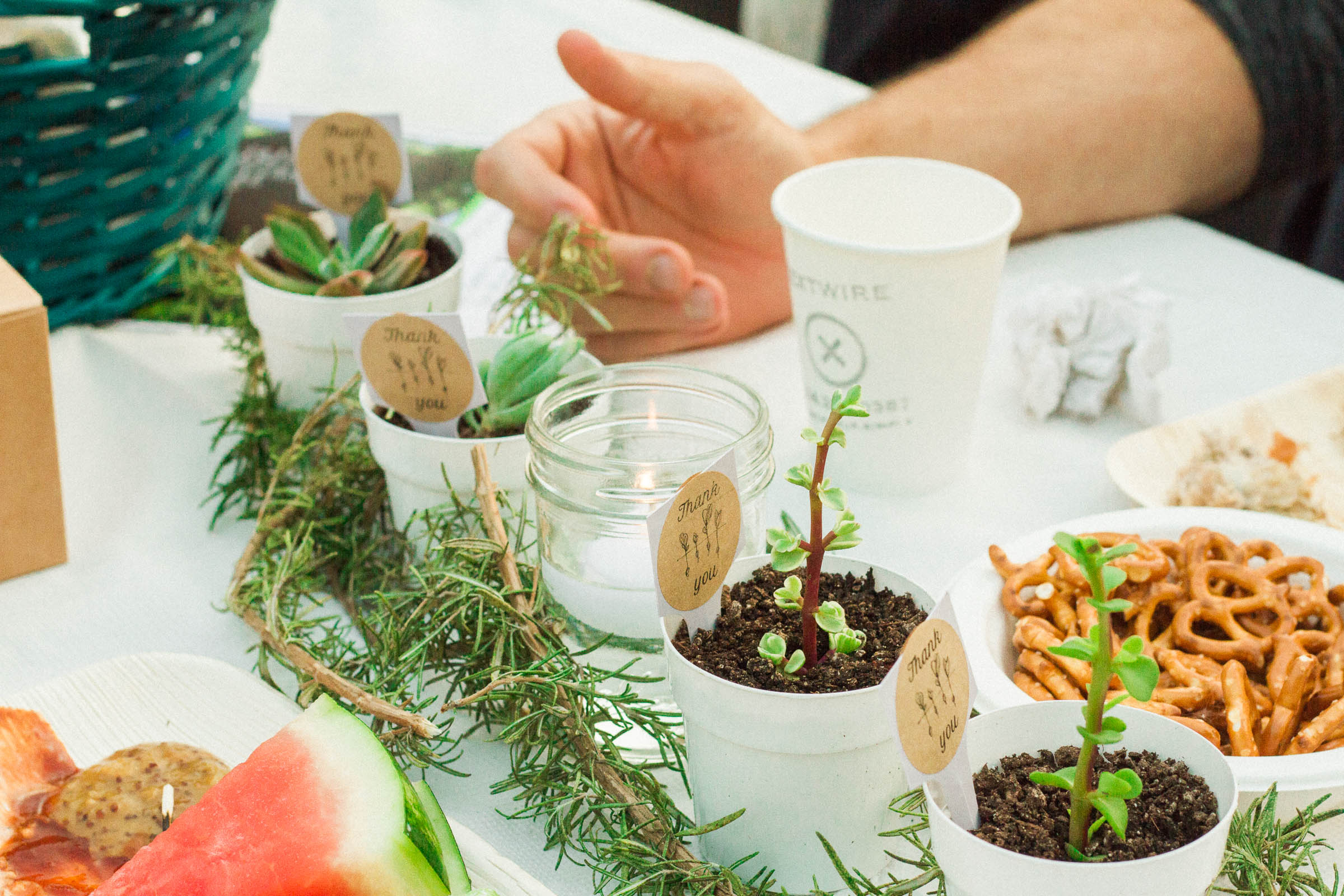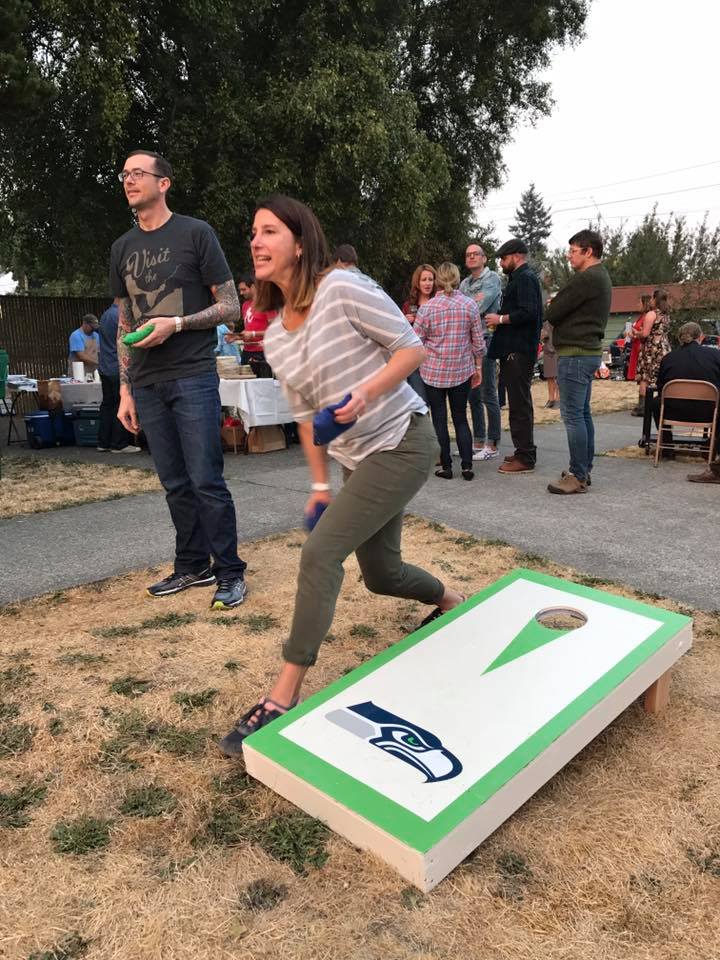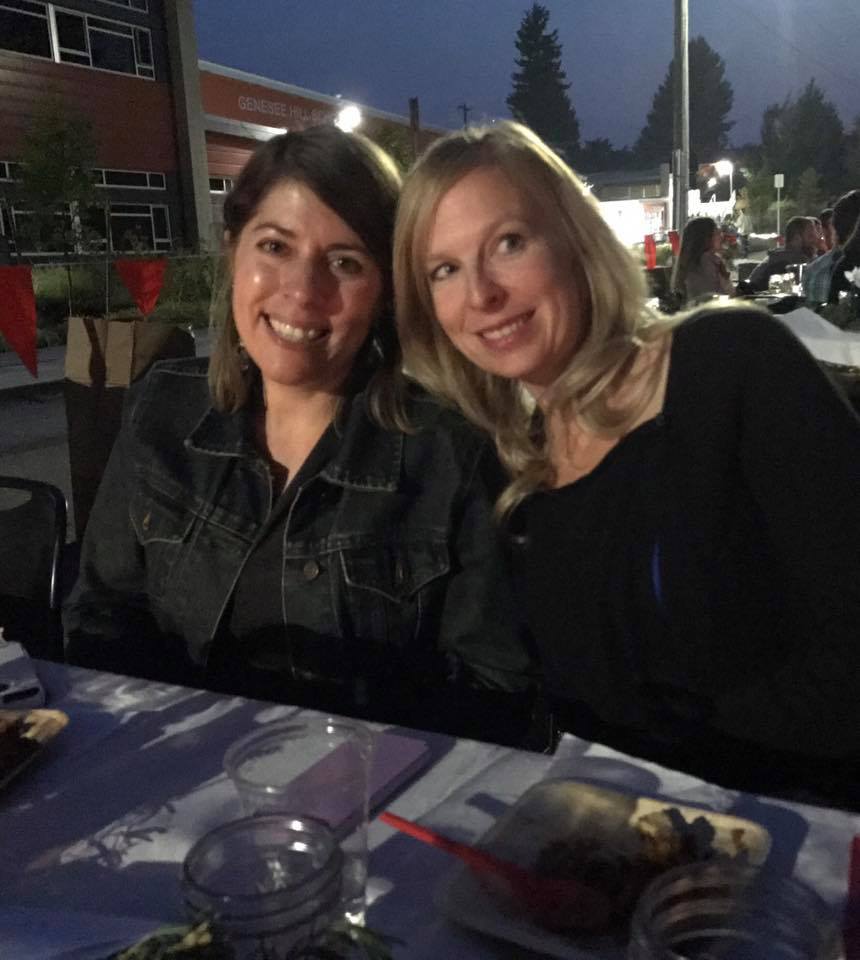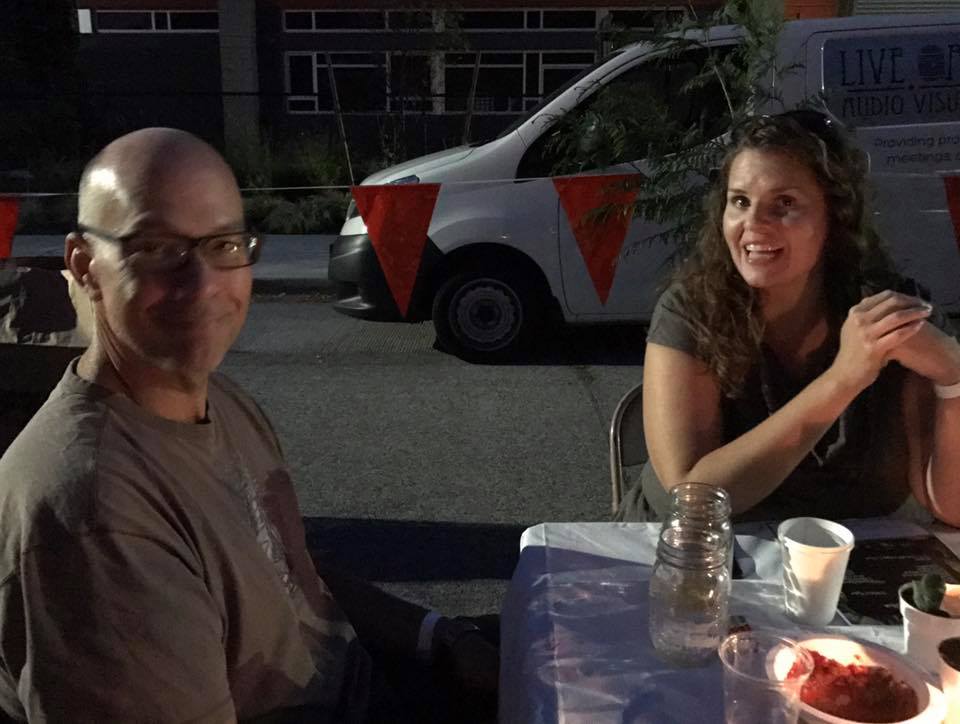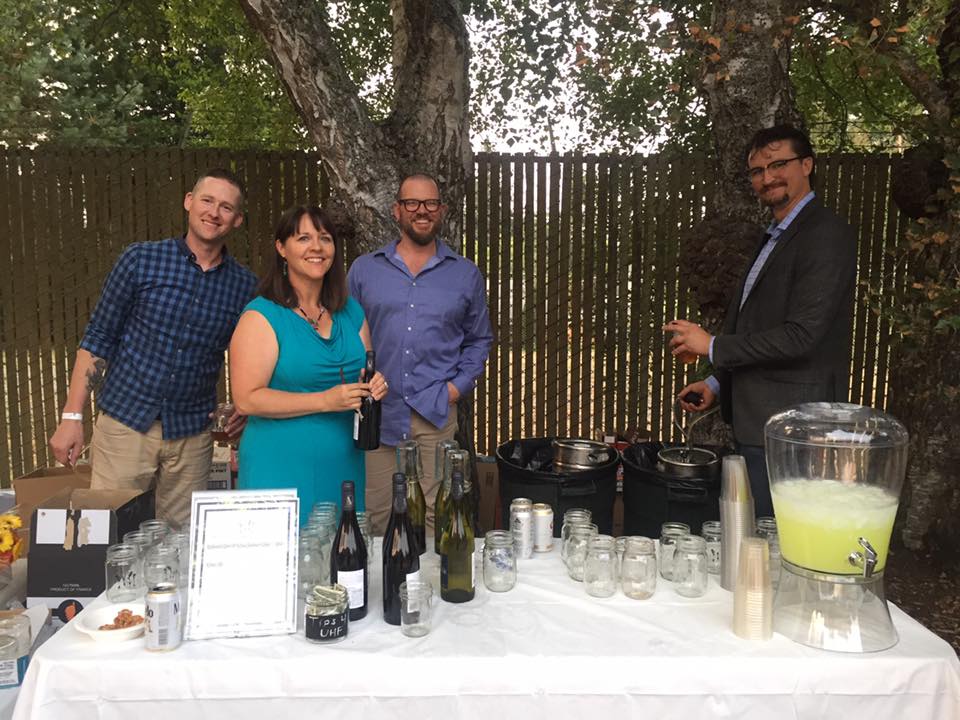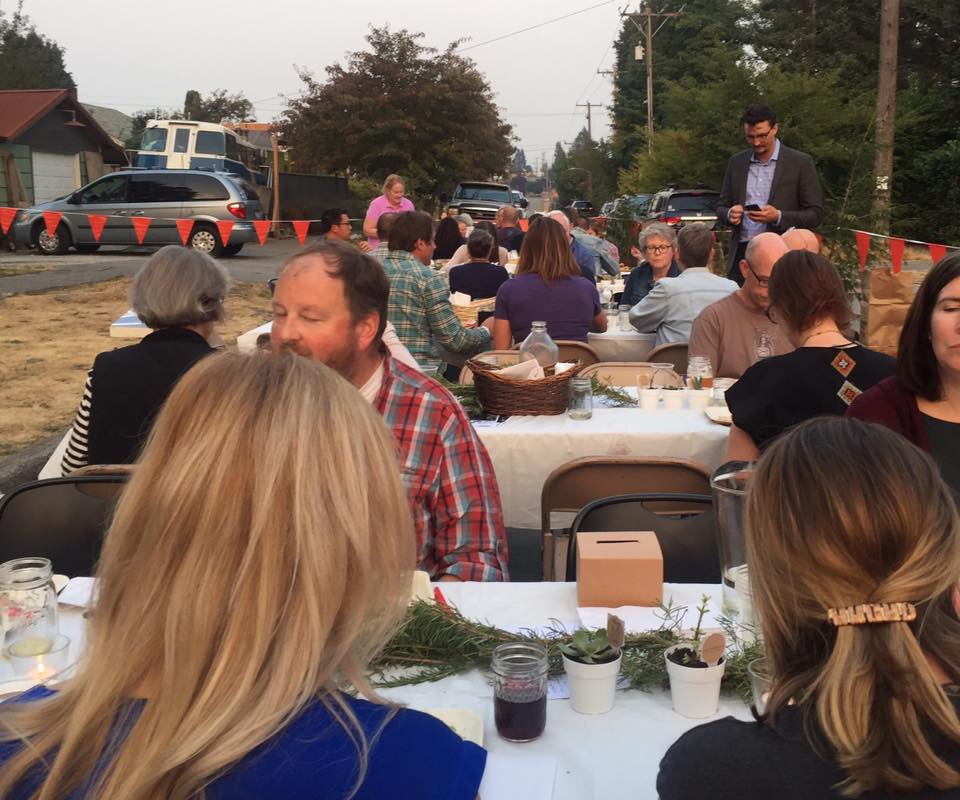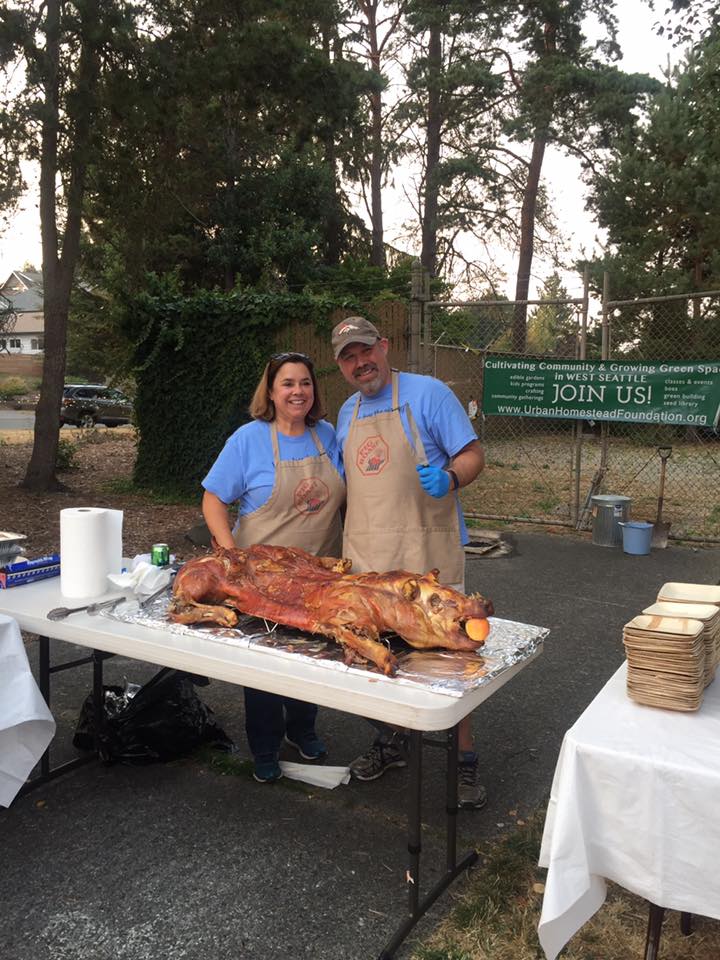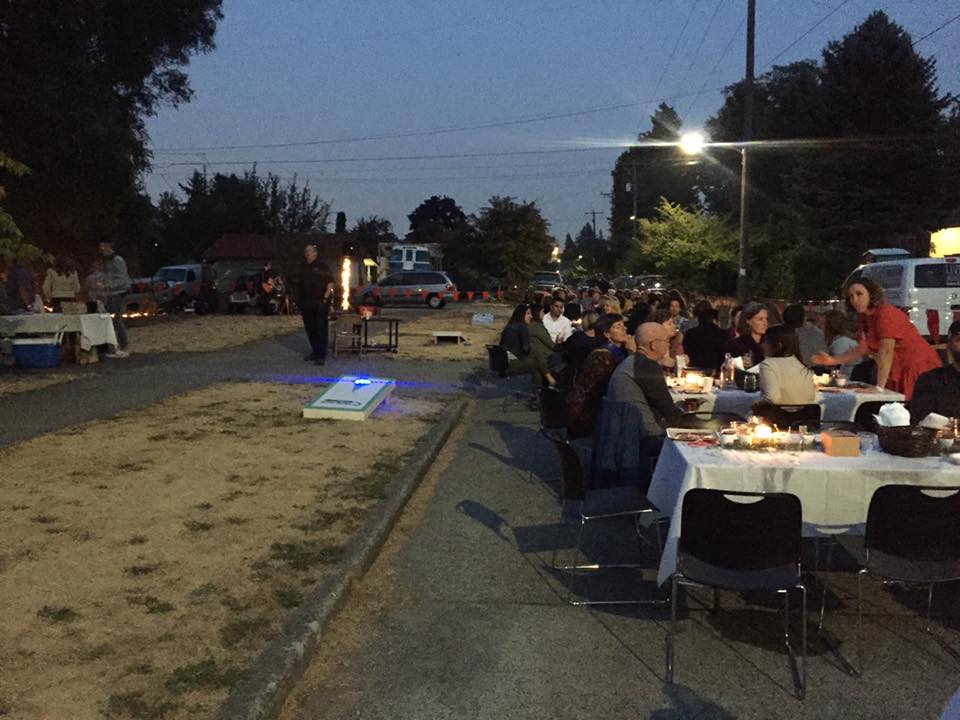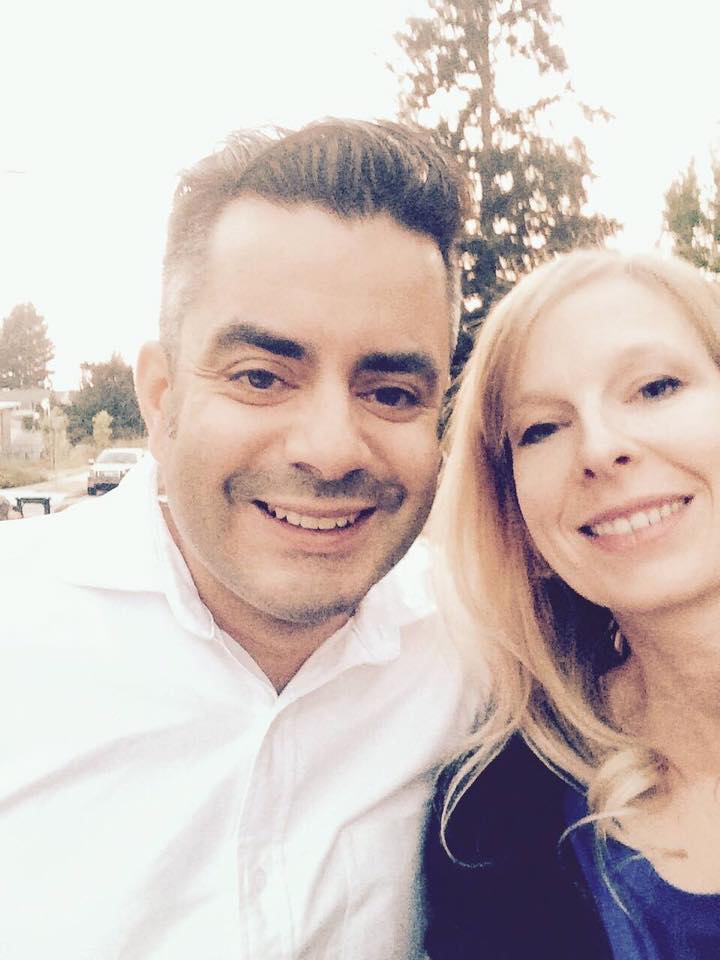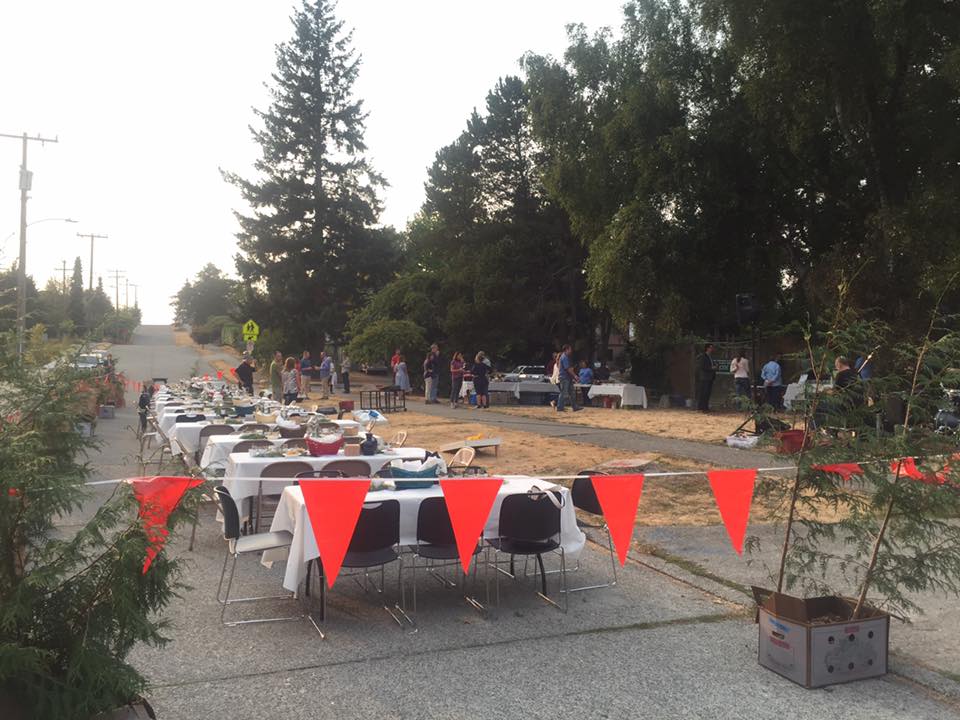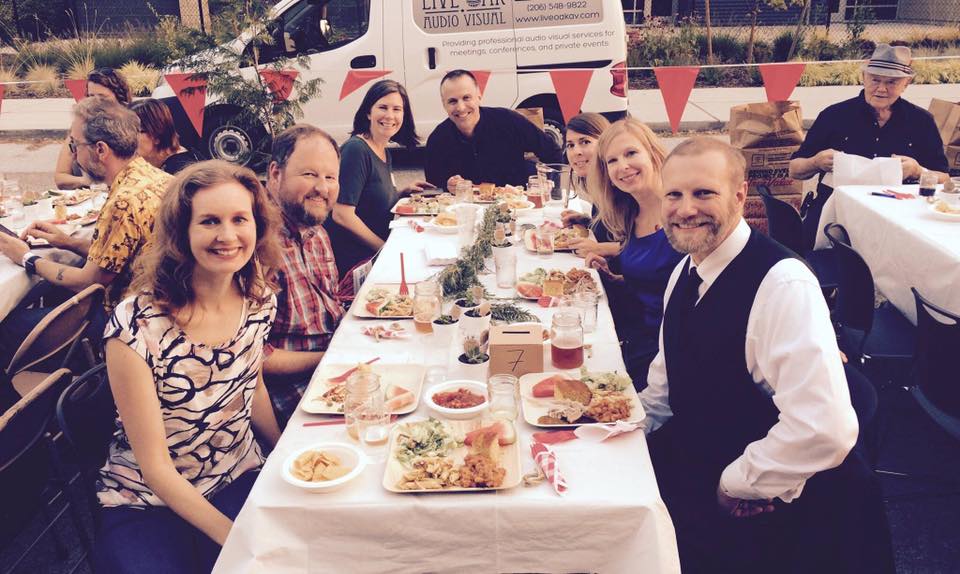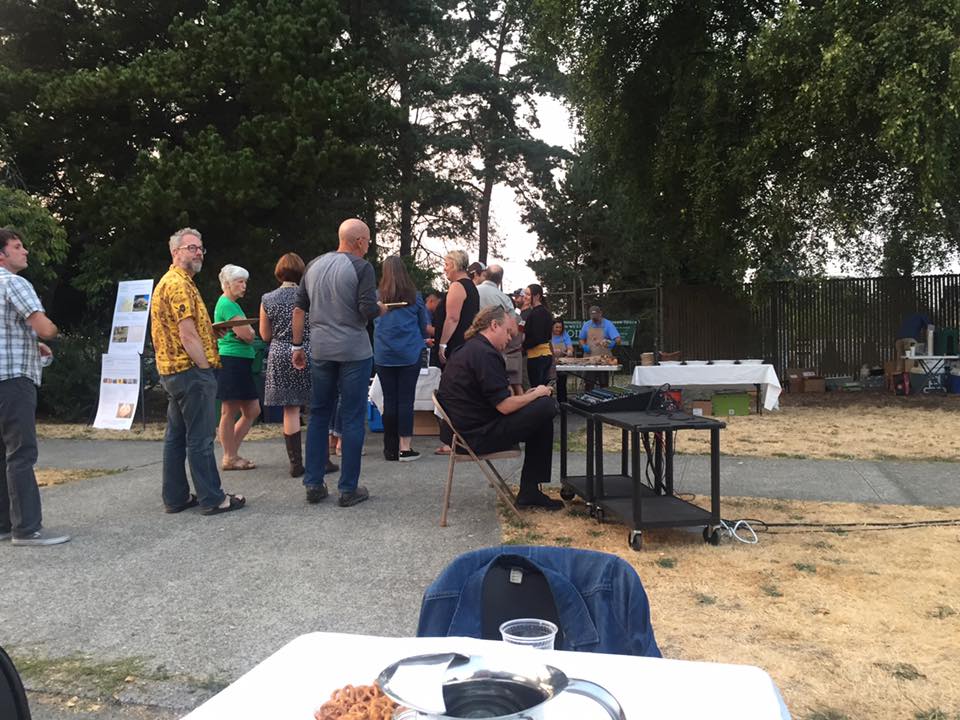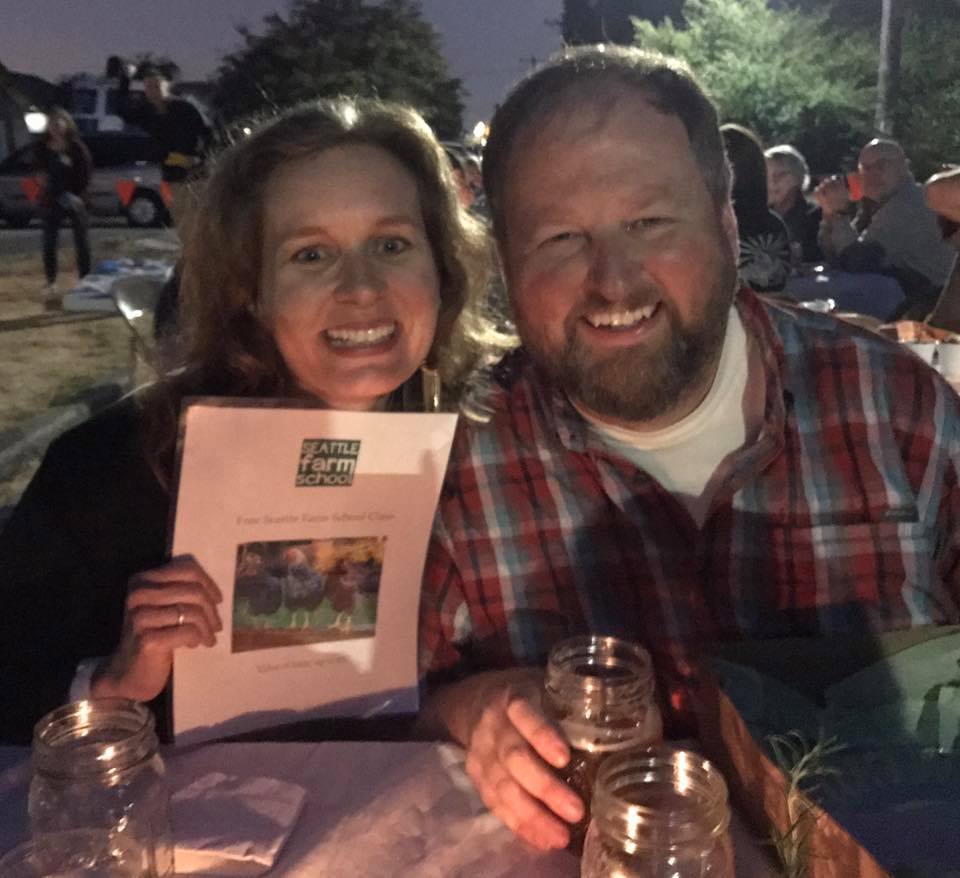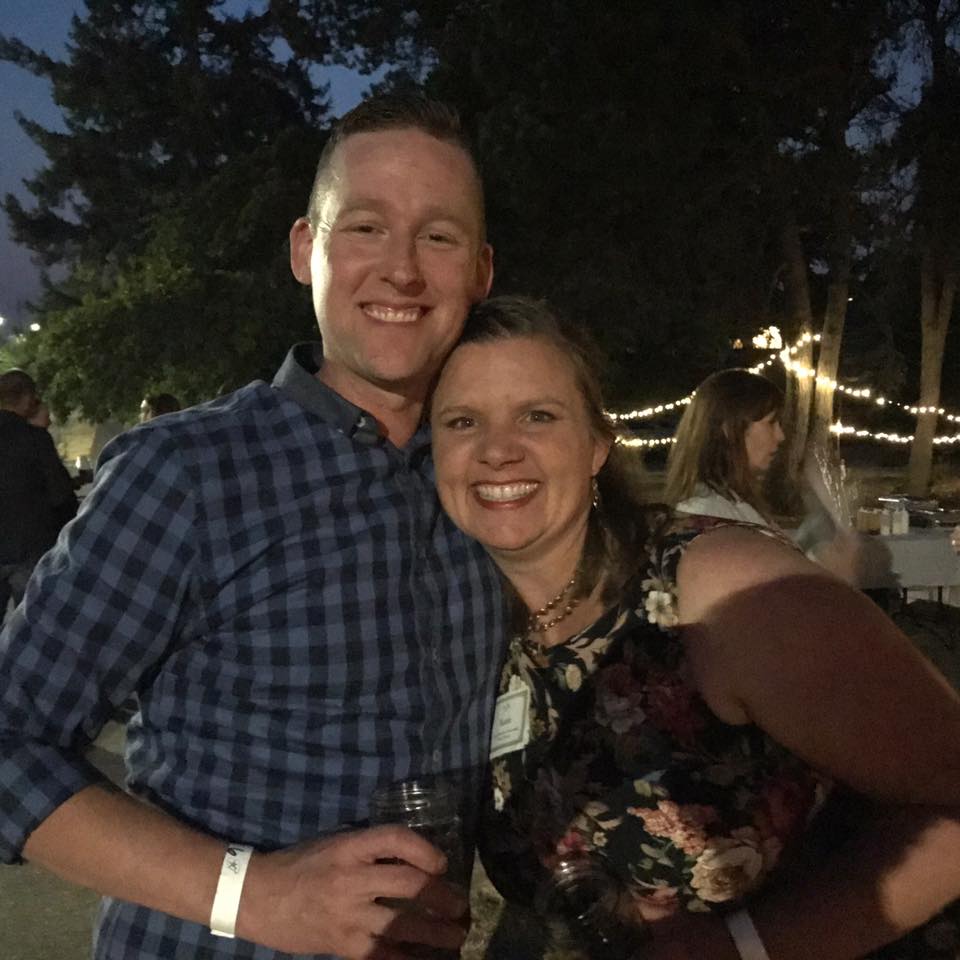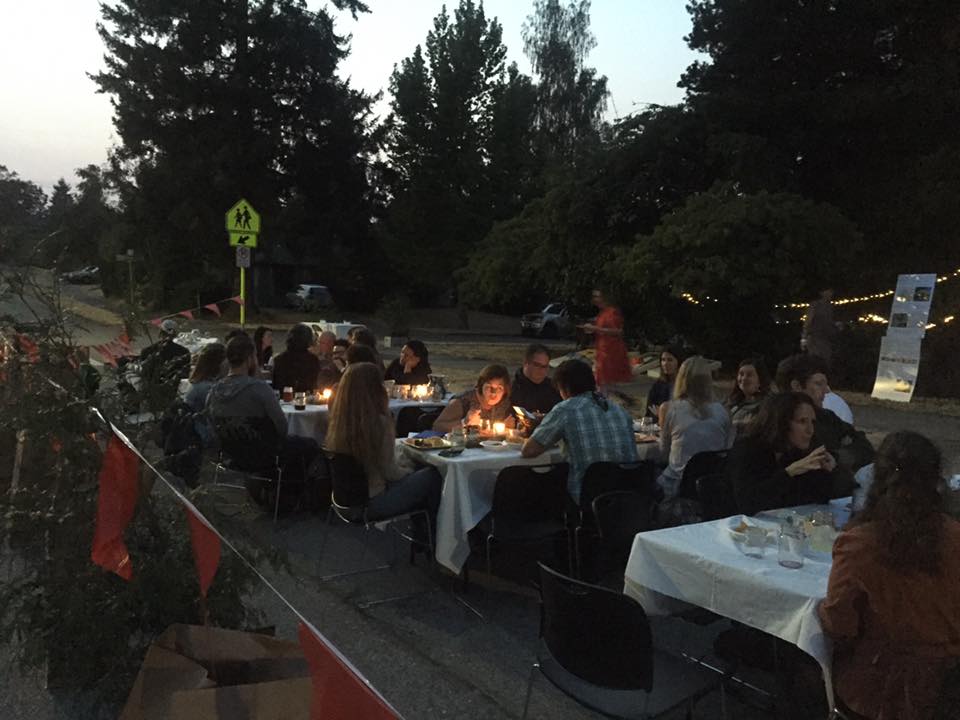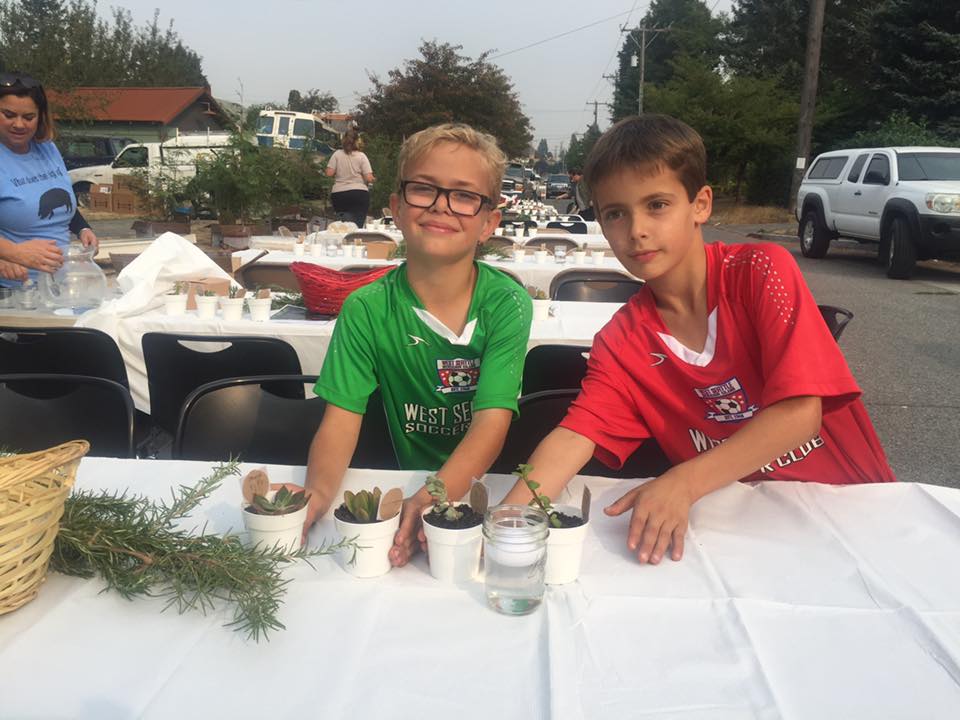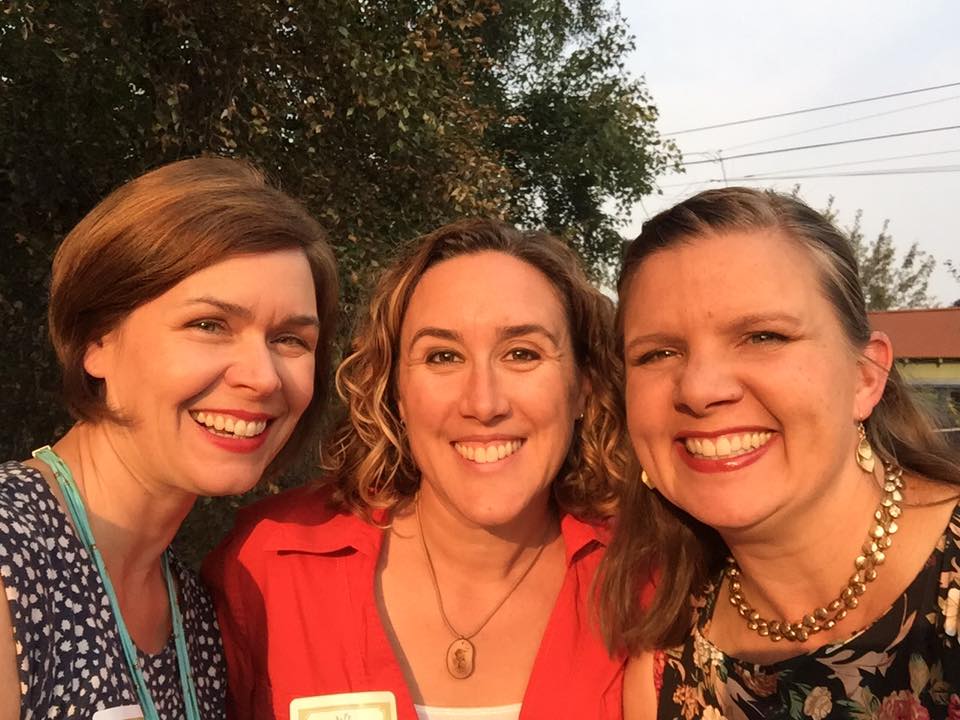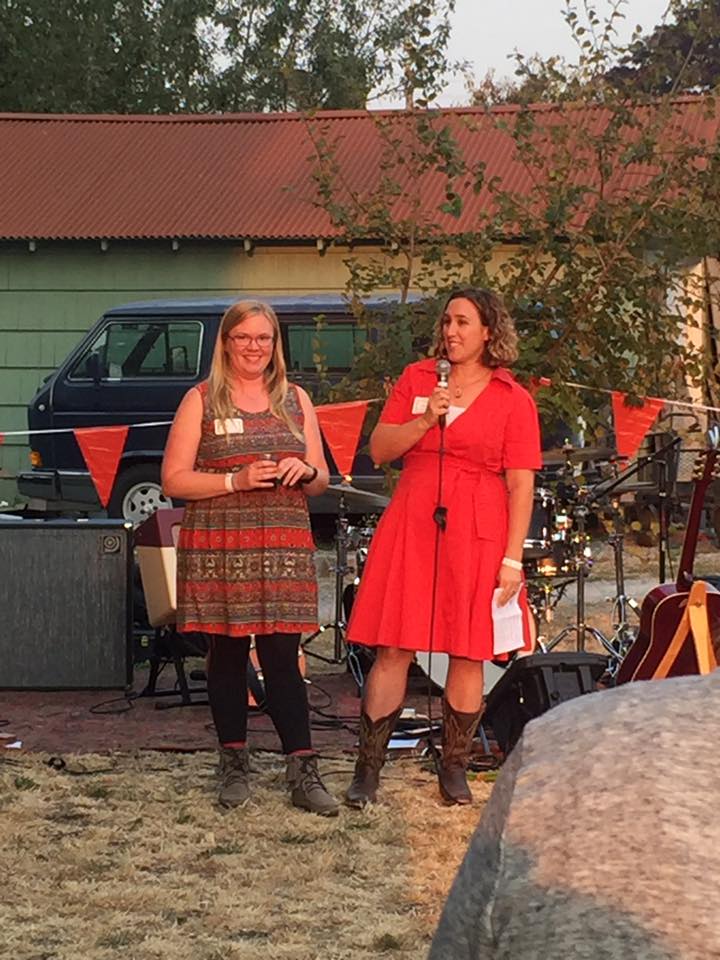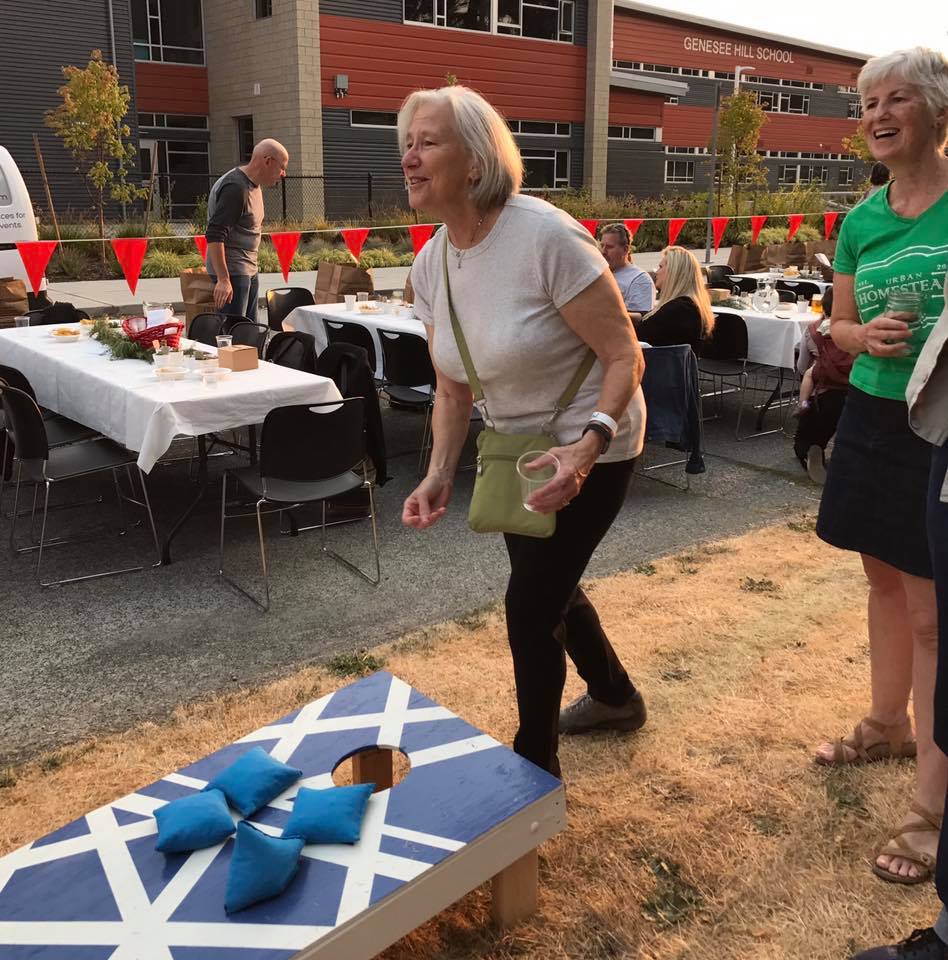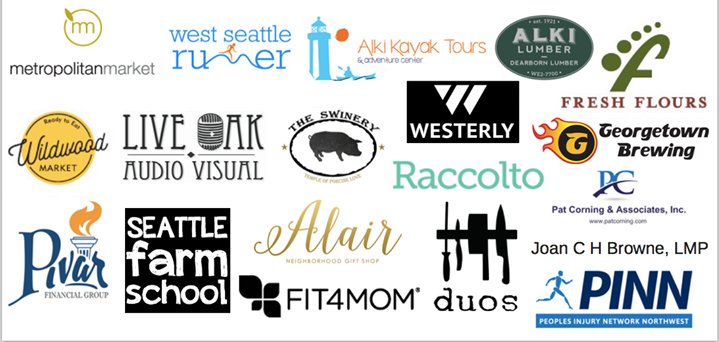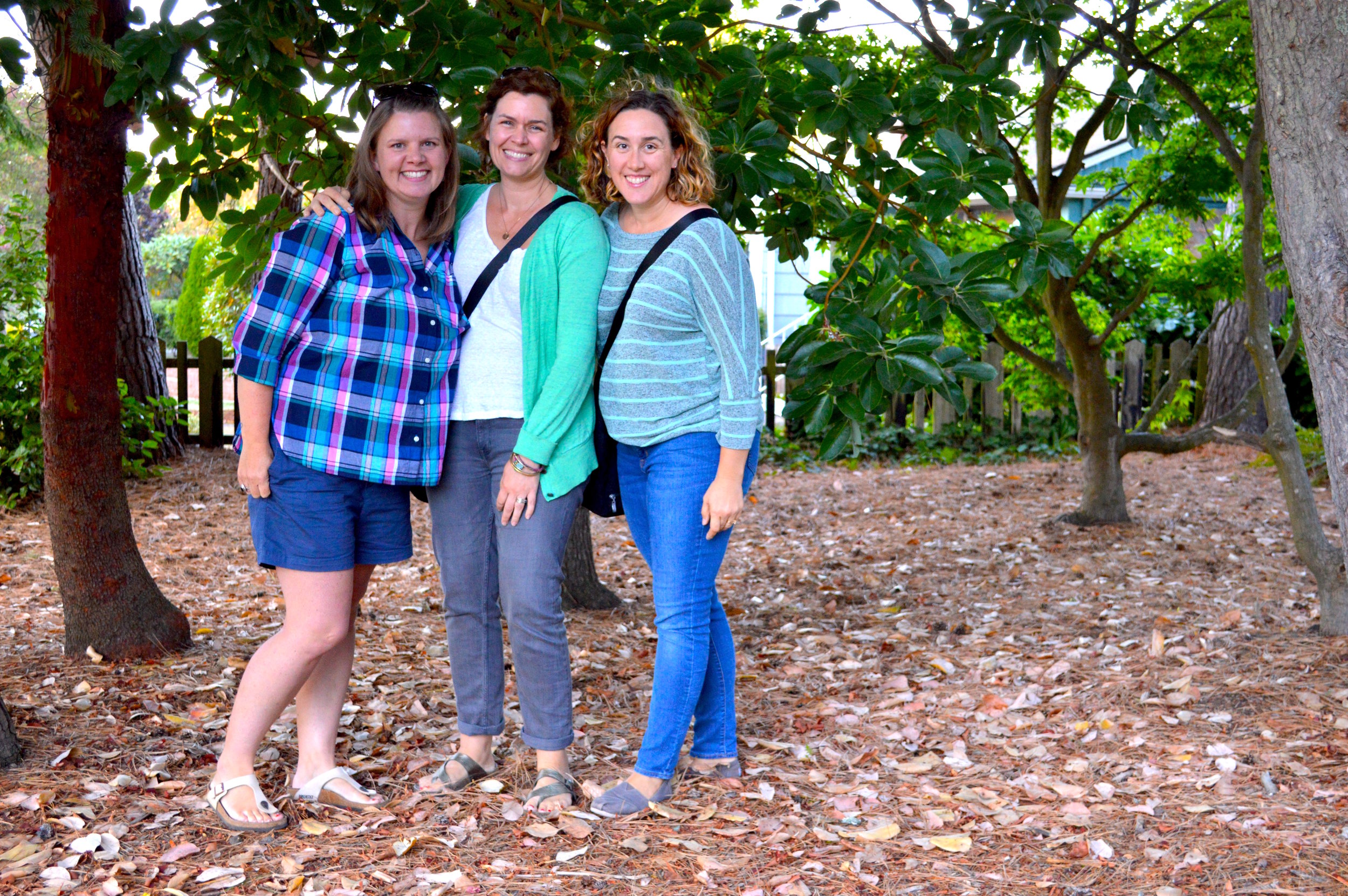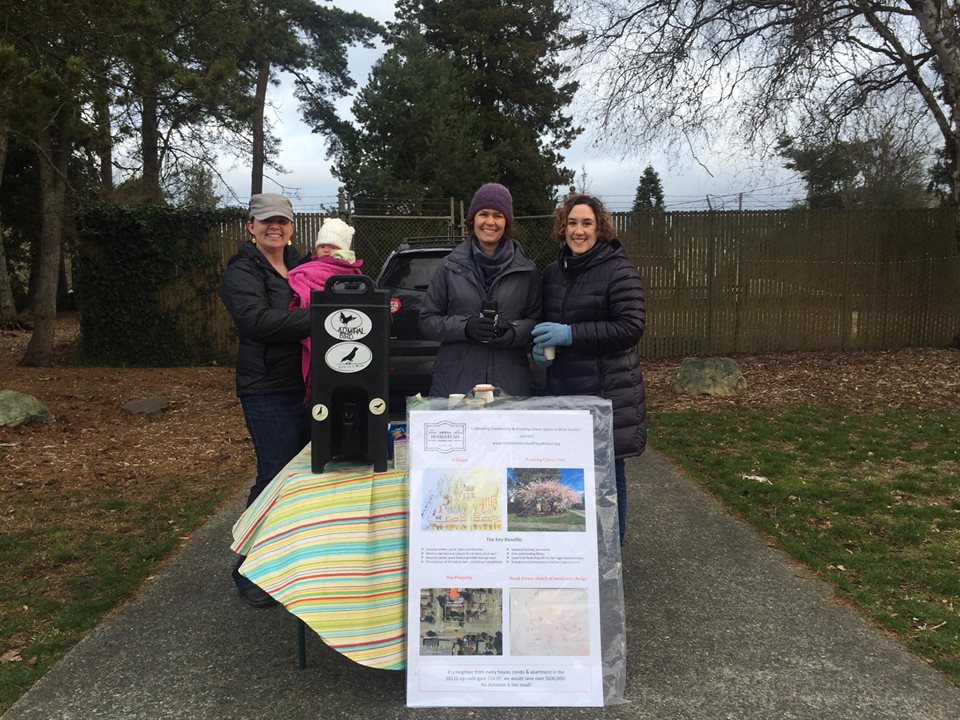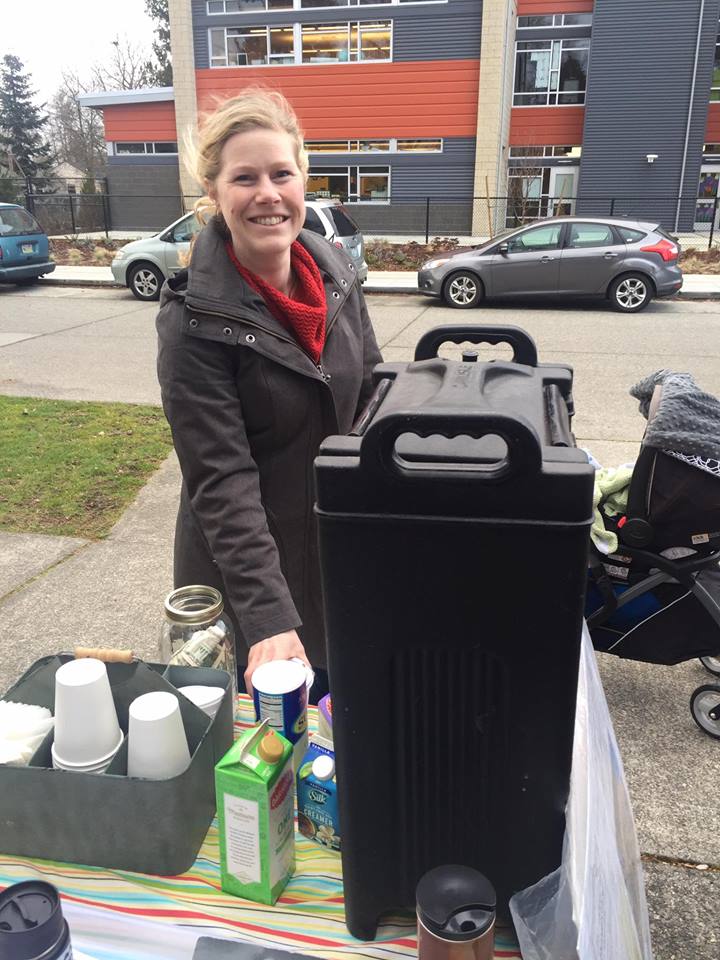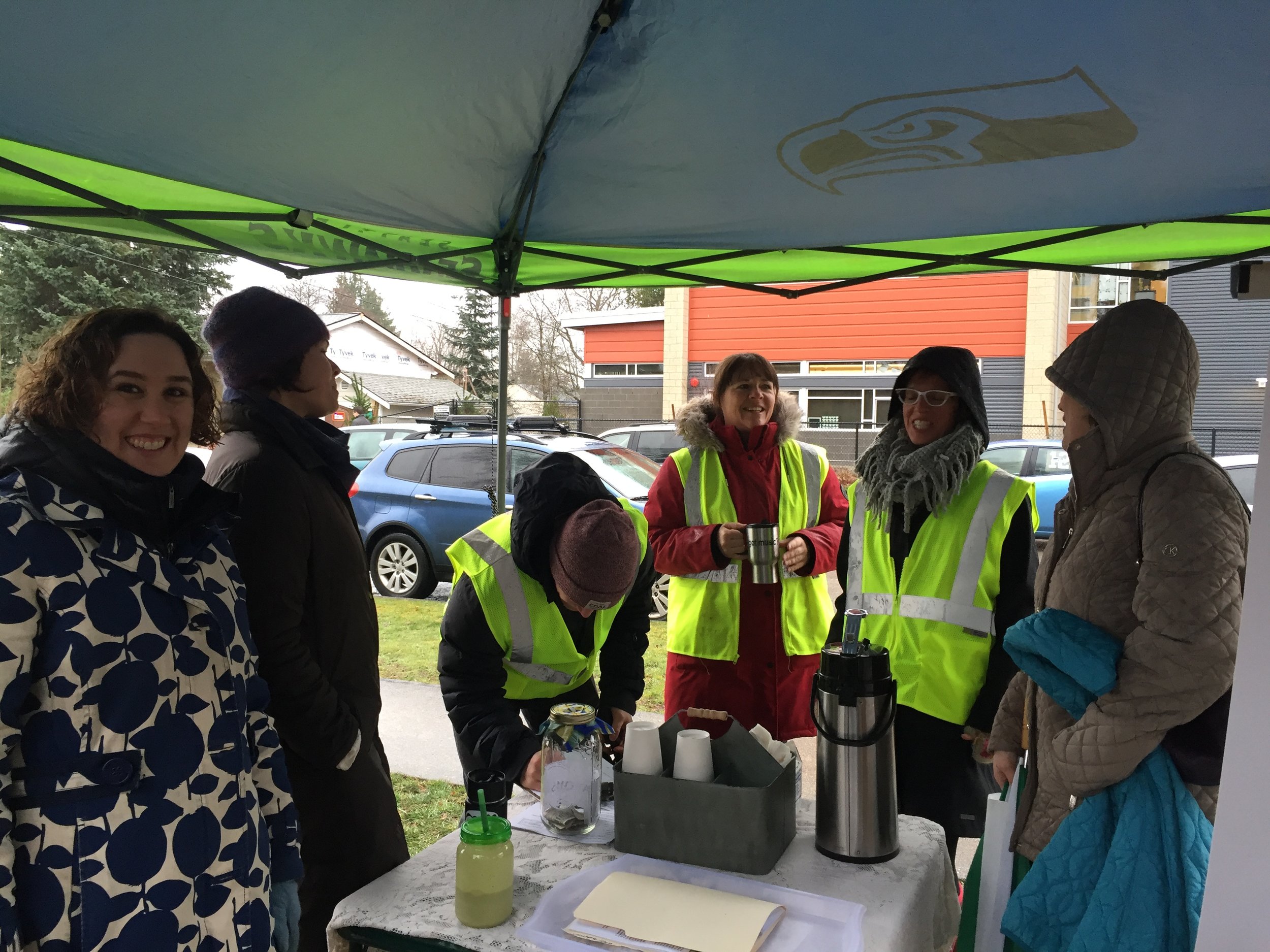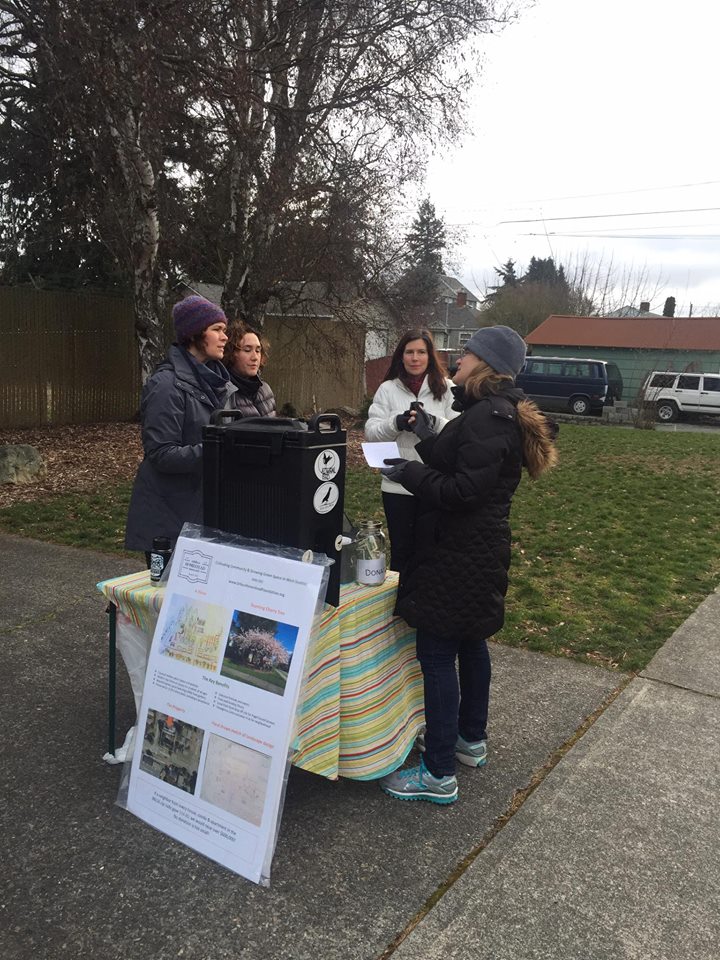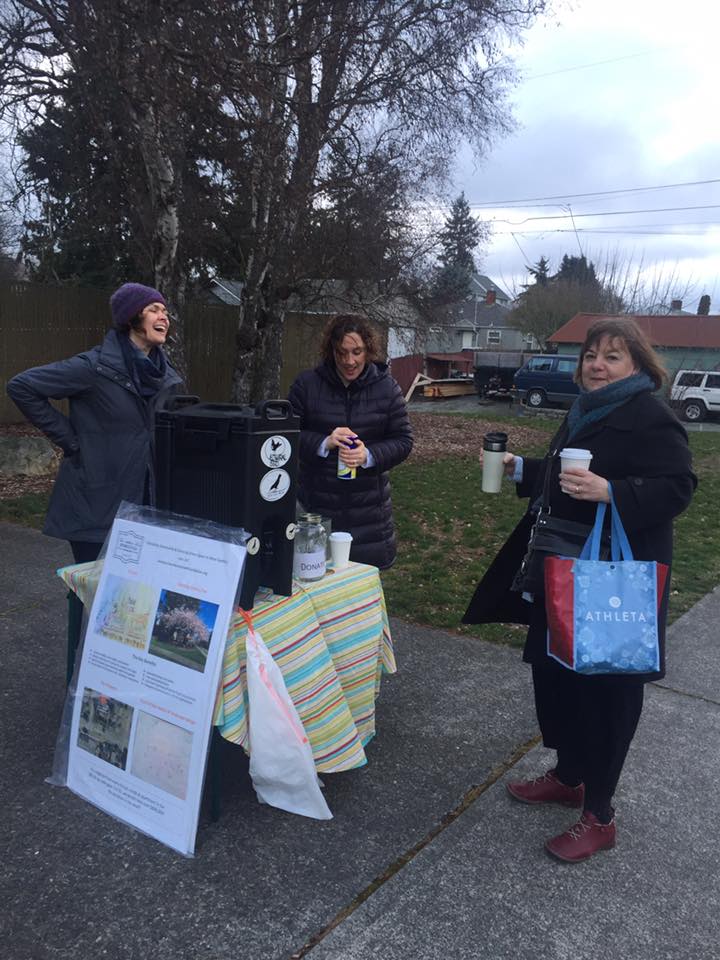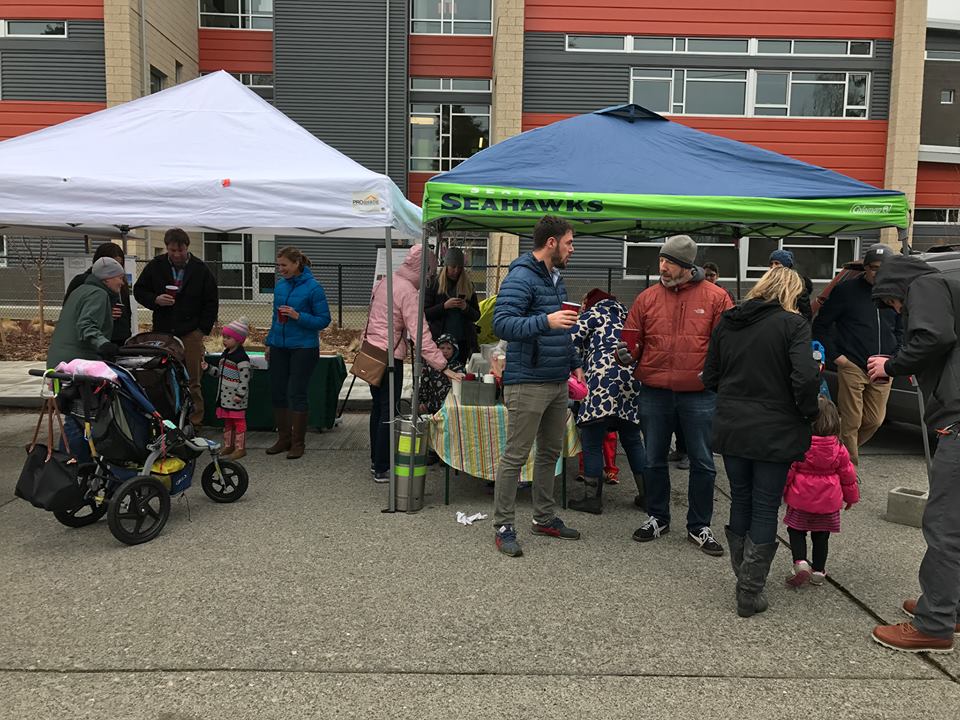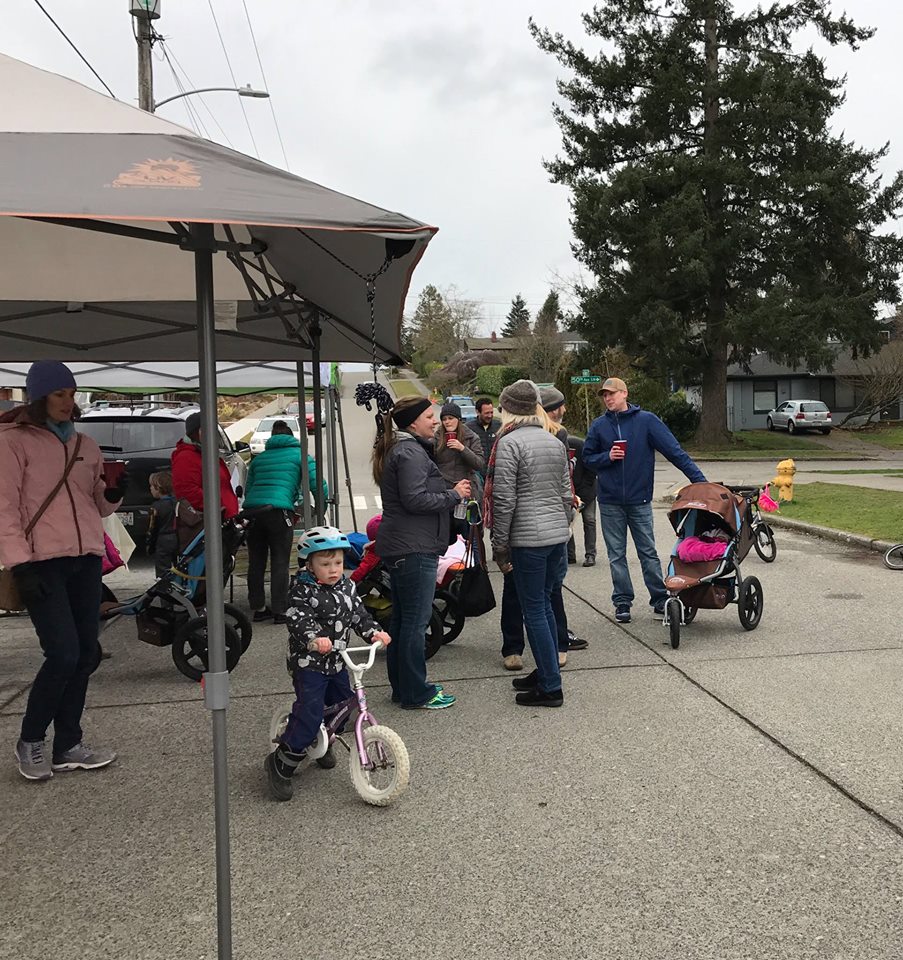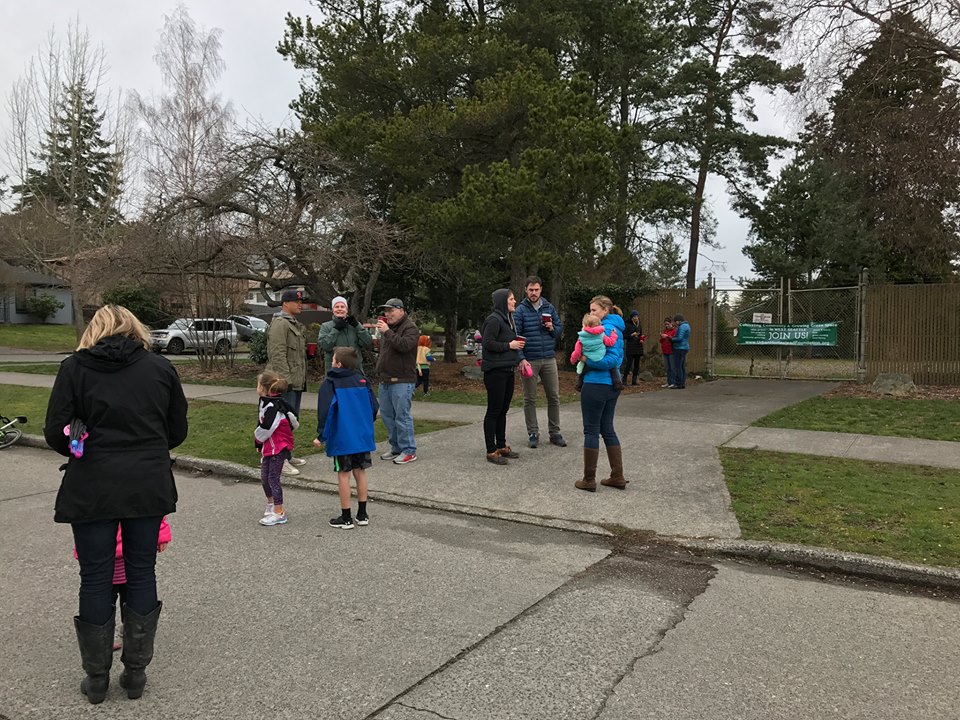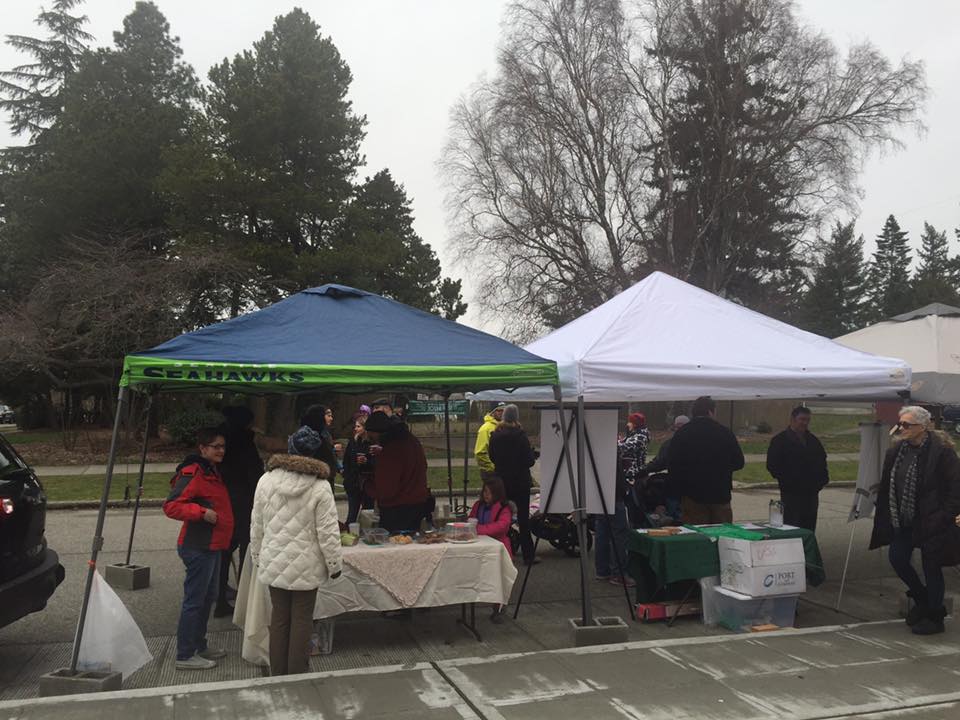Mon, 04/30/2018
By Lindsay Peyton
There’s still hope for the Urban Homestead Foundation.
The nonprofit group was formed in an effort to rescue a lot on the corner of 50 Ave SW and SW Dakota St, a decommissioned substation from Seattle City Light, dotted with trees and awaiting development.
Instead of being cleared for building, the group’s plans for the land included transforming it into a center for nature, learning and community.
The only problem was the price of the property, totaling $650,000, and the tight deadline given to come up with the money.
Now, the Urban Homestead Foundation has an extended timeline and a new team leading the effort.
Rich Sheibley joined the board at the end of last year, when the group was in a mad dash to raise the last $300,000 needed for the project. He now serves as board president, taking over for Katie Stemp.
Stemp first discovered the 10,000 sq. ft. space about two years ago, when it came up for sale by the City of Seattle.
The property houses an urban forest grove, and Stemp wanted to save the trees. She also drew up designs to transform the property into a green space, complete with gardens, greenhouse, fruit orchard, workshop space, park benches and an outdoor cob oven.
At that time, the Seattle City Council agreed to allow an extension of the sale date until the end of 2017, if the community organization could raise the funding needed.
Stemp joined with Kristen Bedford and Phoebe Ingraham to create a nonprofit to meet the city’s requirements--the Urban Homestead Foundation. The founders named the project the “Dakota Homestead Site.”
Sheibley’s children went to school with Stemp’s and Bedford’s at nearby Genessee Hill. He shares their enthusiasm for preserving greenspace in the neighborhood, promoting sustainability and creating opportunities for children to learn about nature in West Seattle.
“The end of last year was stressful,” Sheibley said. “We thought we only had until the end of December.”
The nonprofit was then granted an extension until March, which has since been further lengthened to the end of 2018.
Sheibley has spent the past couple of months trying to get the word out about the extra time.
He was also able to secure an extension for the original King Conservation Futures Grant for half the asking price of the property.
“When they applied for the grant, the purchase price was less,” Sheibley said. “Then Seattle City Light did a reappraisal and the price went up.”
In March, King Conservation Futures Grant upped its donation to still equal half the required cost.
Urban Homestead still needs to raise about $275,000.
“We’ve been doing a good job getting donors and going out into the community,” Sheibley said. “We’ve been really trying to get the word out, and we’ve raised a couple thousand dollars here and there, but we need one or two big donors to step in.”
He hopes that the community rallies behind the project. “There’s momentum here,” he said. “We just need a little push.”
Members of the nonprofit will be hosting a community garage sale on the site from 9 a.m. to 2 p.m. on Saturday, May 12 to help raise funds and spread the word. To register for the event, visit www.urbanhomesteadfoundation.org/community-garage-sale.
Urban Homestead is also part of Give Big Seattle, a one-day online giving campaign, slated for Wednesday, May 9. The nonprofit has set a goal of raising $5,000 during that day. To participate, visit www.givebigseattle.org/urbanhomesteadfoundation.
Already a number of West Seattle residents have voiced their support, including Elaine Ike, co-chair of the Seattle Green Spaces Coalition.
“The lovely trees and open space that is the Dakota Homestead site was the place that inspired us to establish the Seattle Green Spaces Coalition--to keep public land for public benefit, particularly by preserving vanishing green space,” she said.
Ike said that she has seen kids playing there, neighbors gathering and great pumpkins growing on the plot.
“There were even stories of weddings being performed under the cherry tree,” Ike said. “It was obvious to us this piece of public land should be saved for the future.”
Sheibley agreed. “It’s hard work, but we’re going for it,” he said. “There’s so much going on around here, and there’s stuff going in every open space. Any thing we can save is worth it.”
To learn more about how to become involved in this project or to donate online, visit www.urbanhomesteadfoundation.org.




